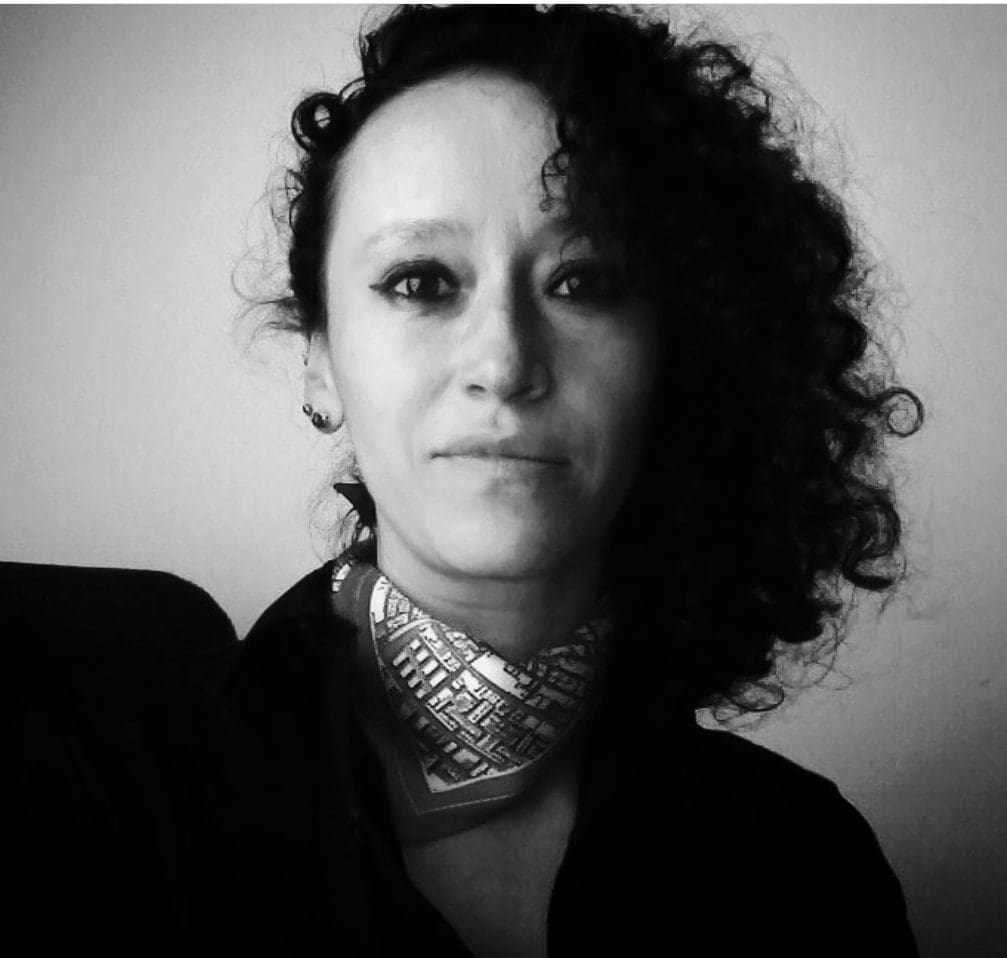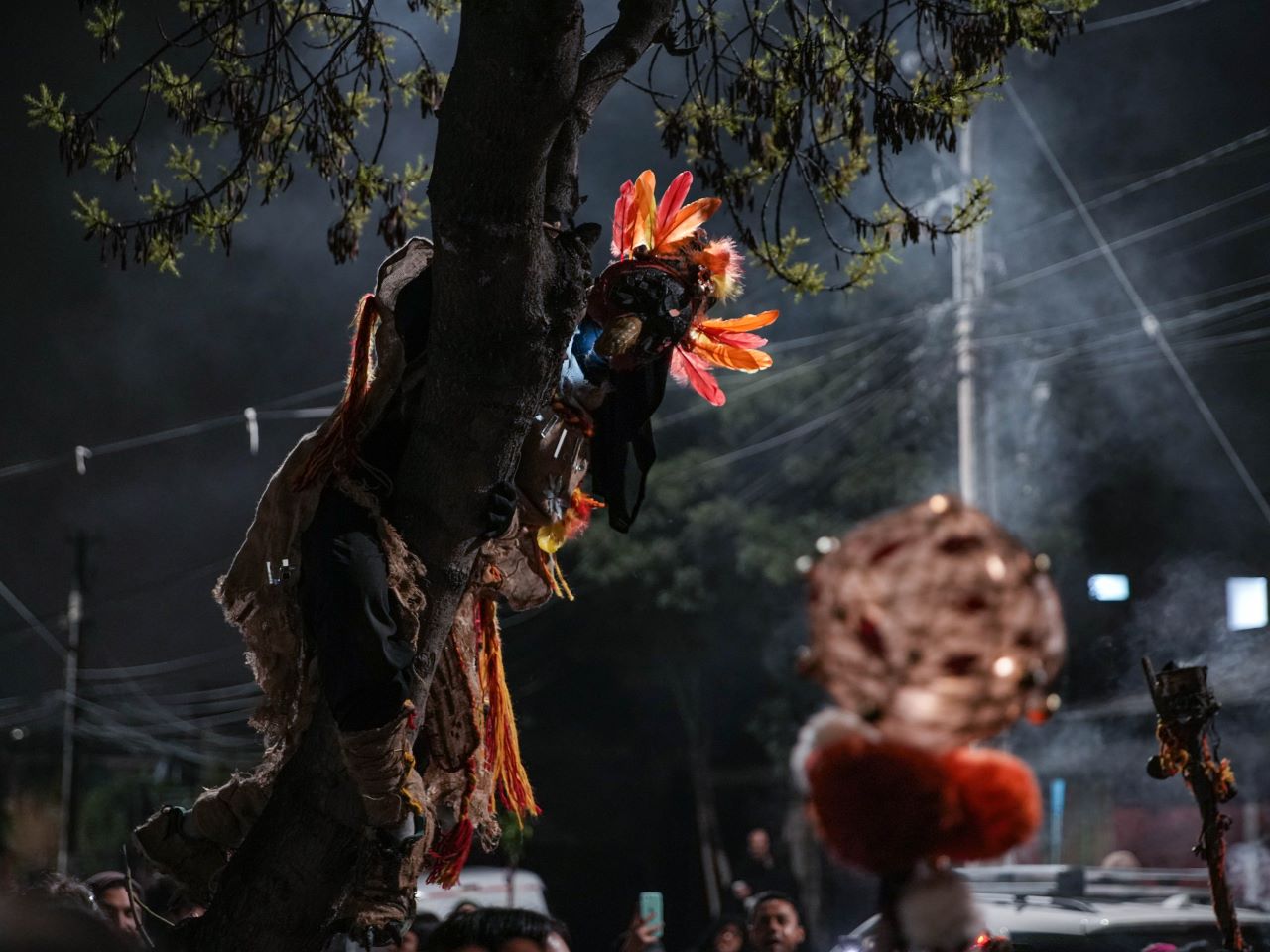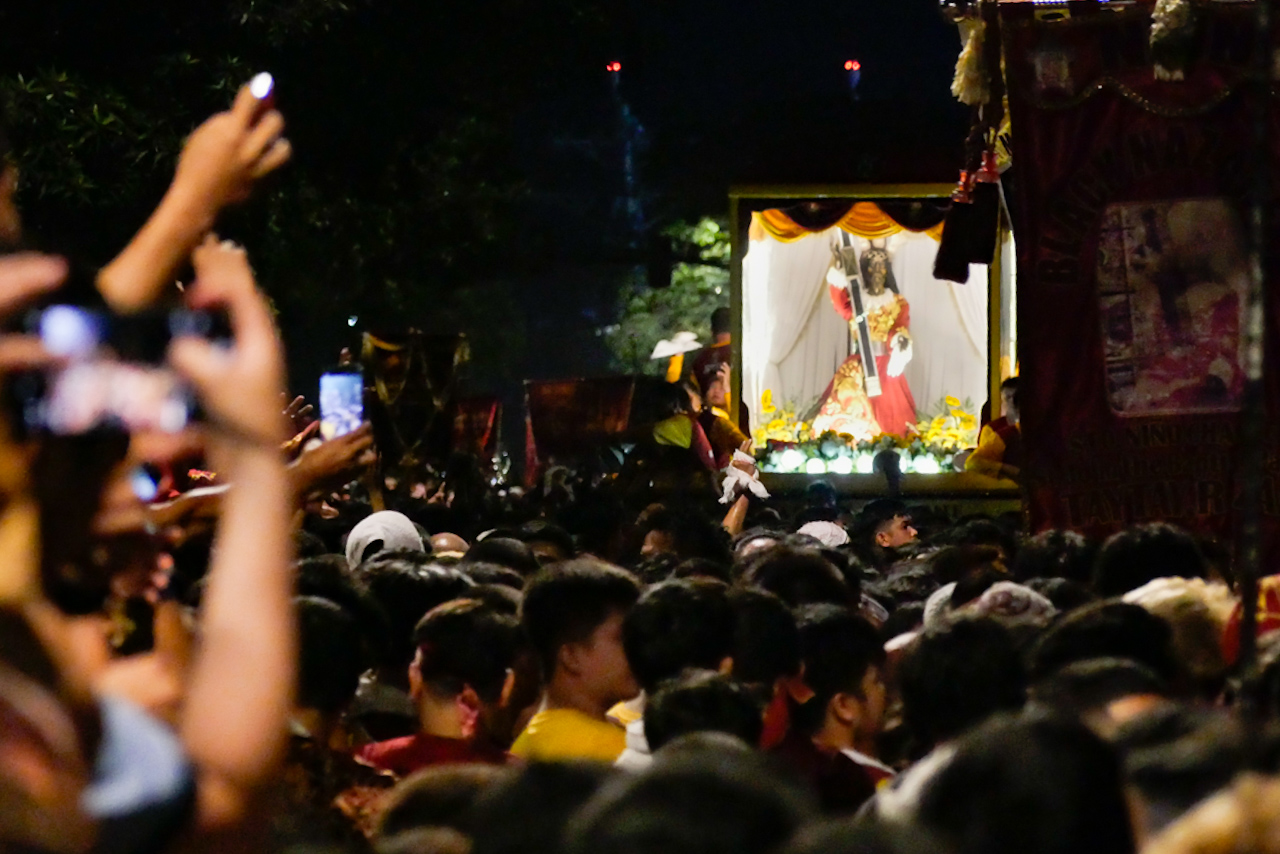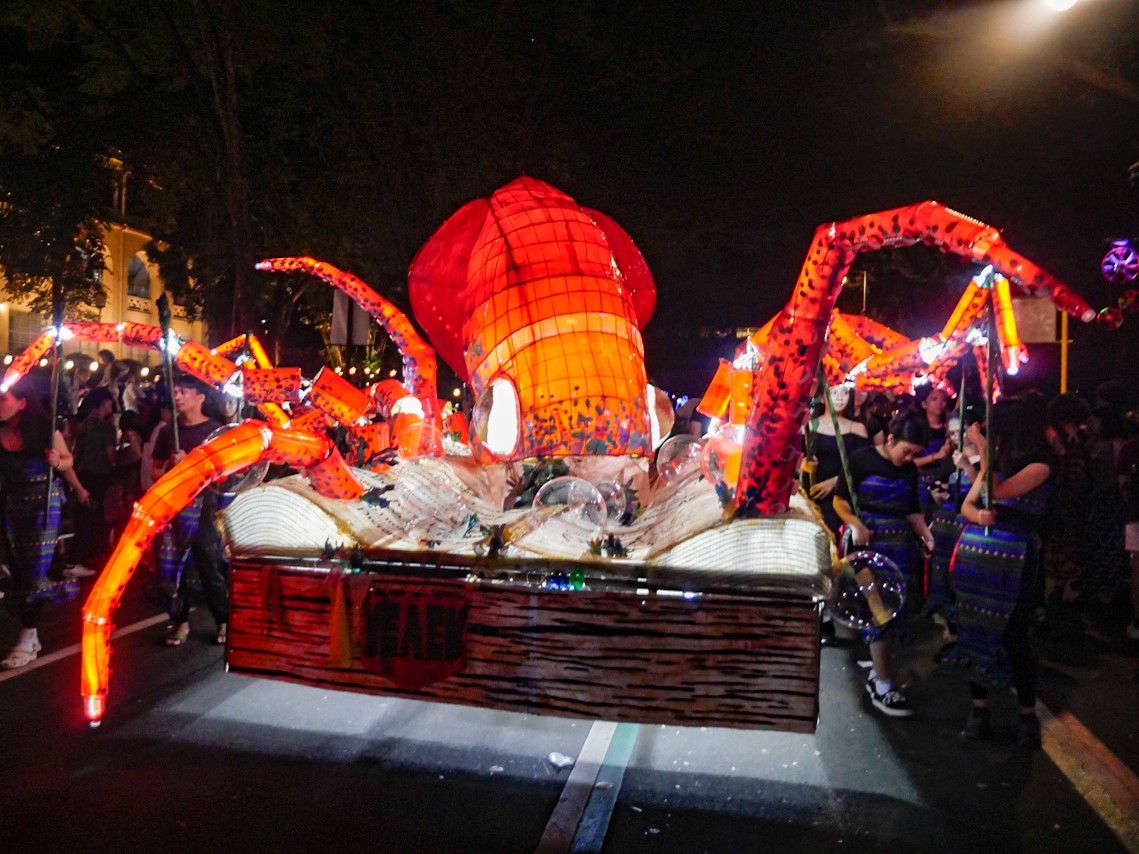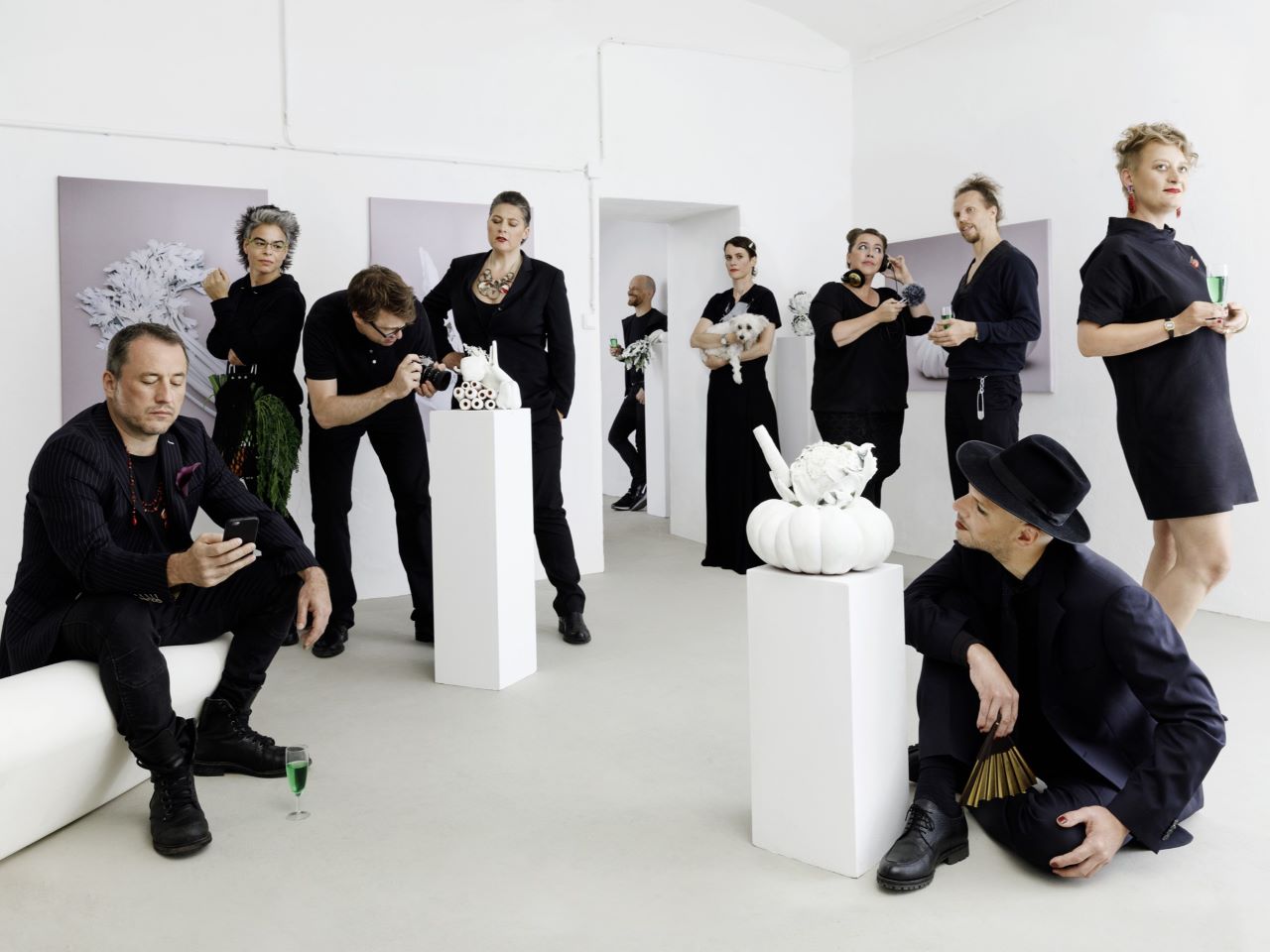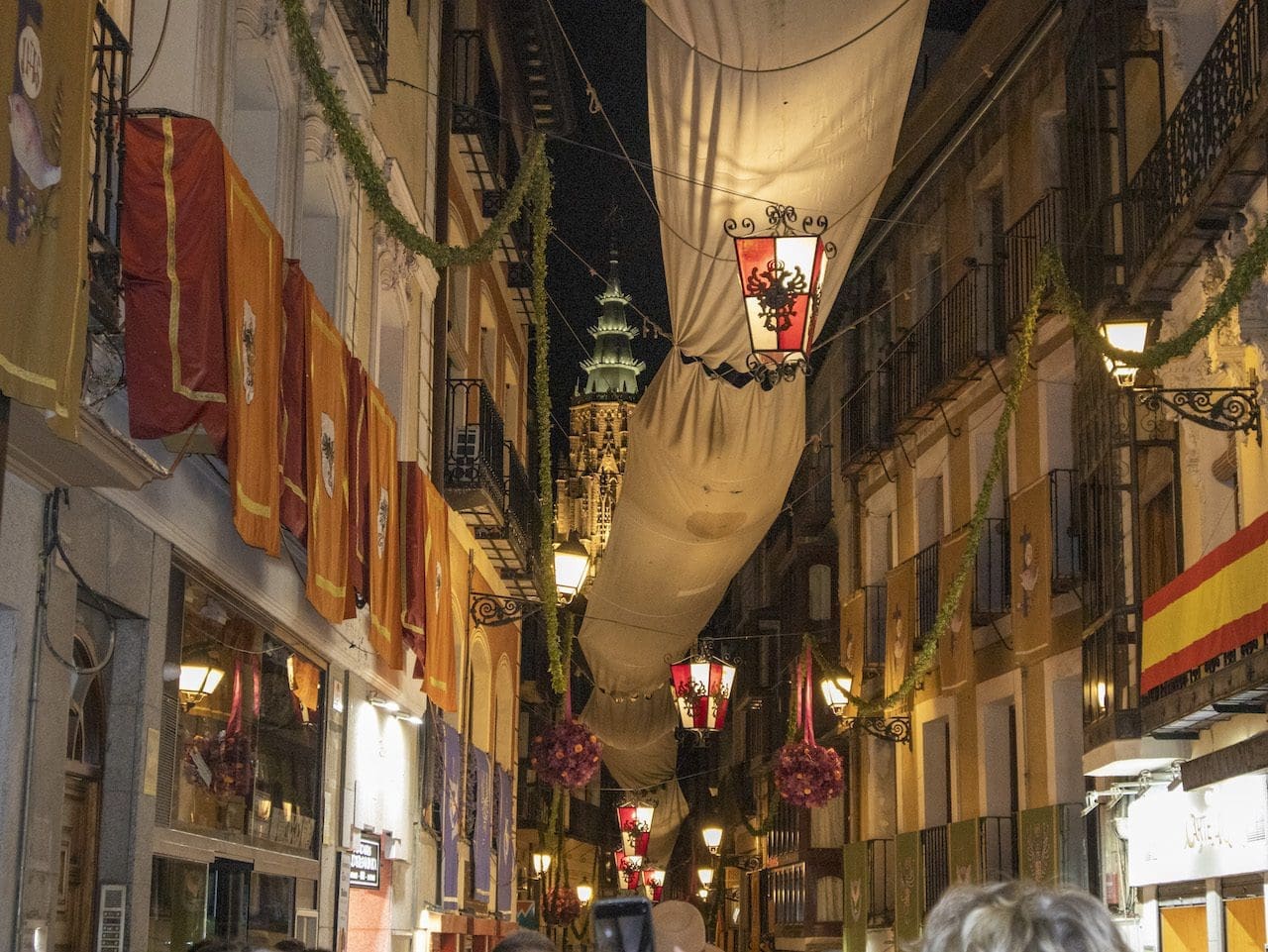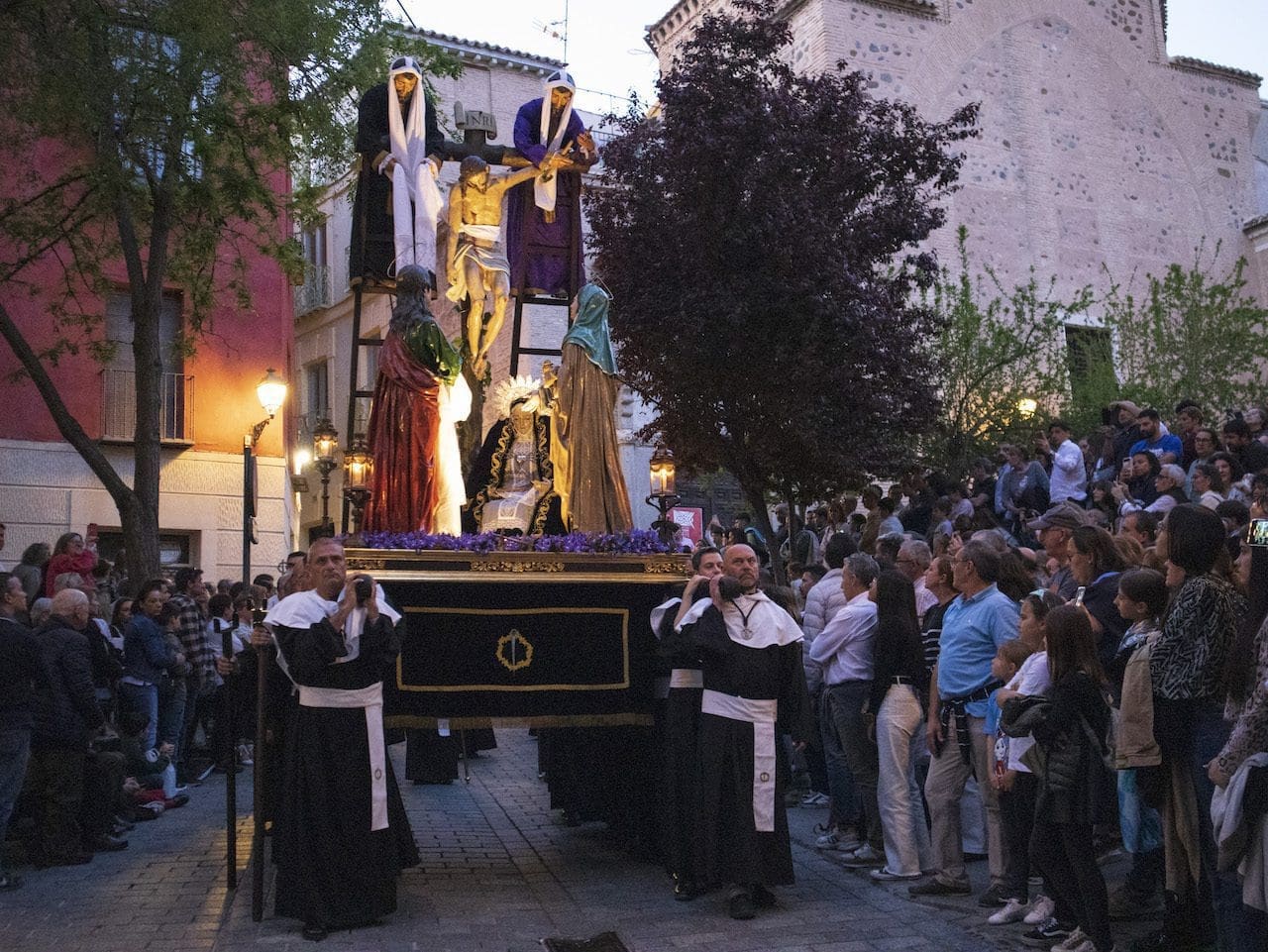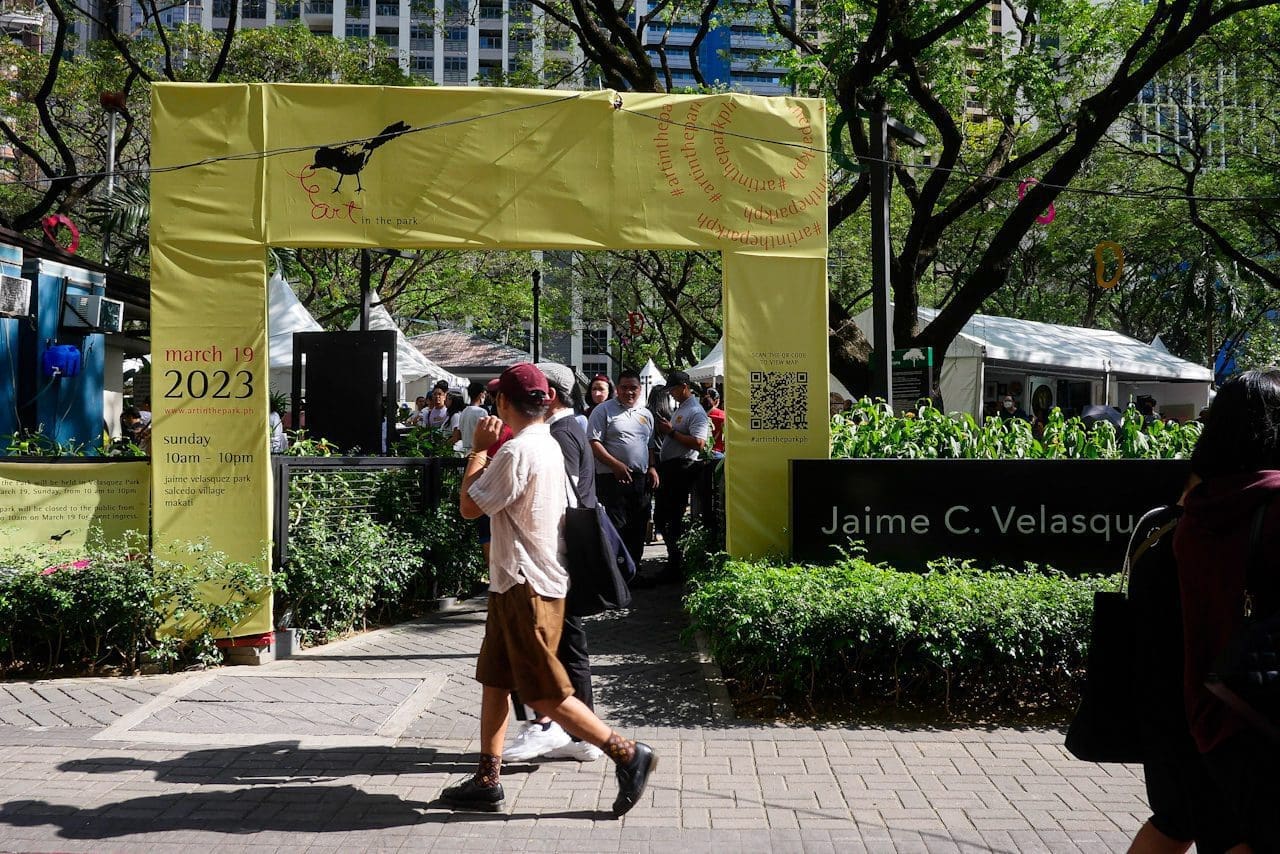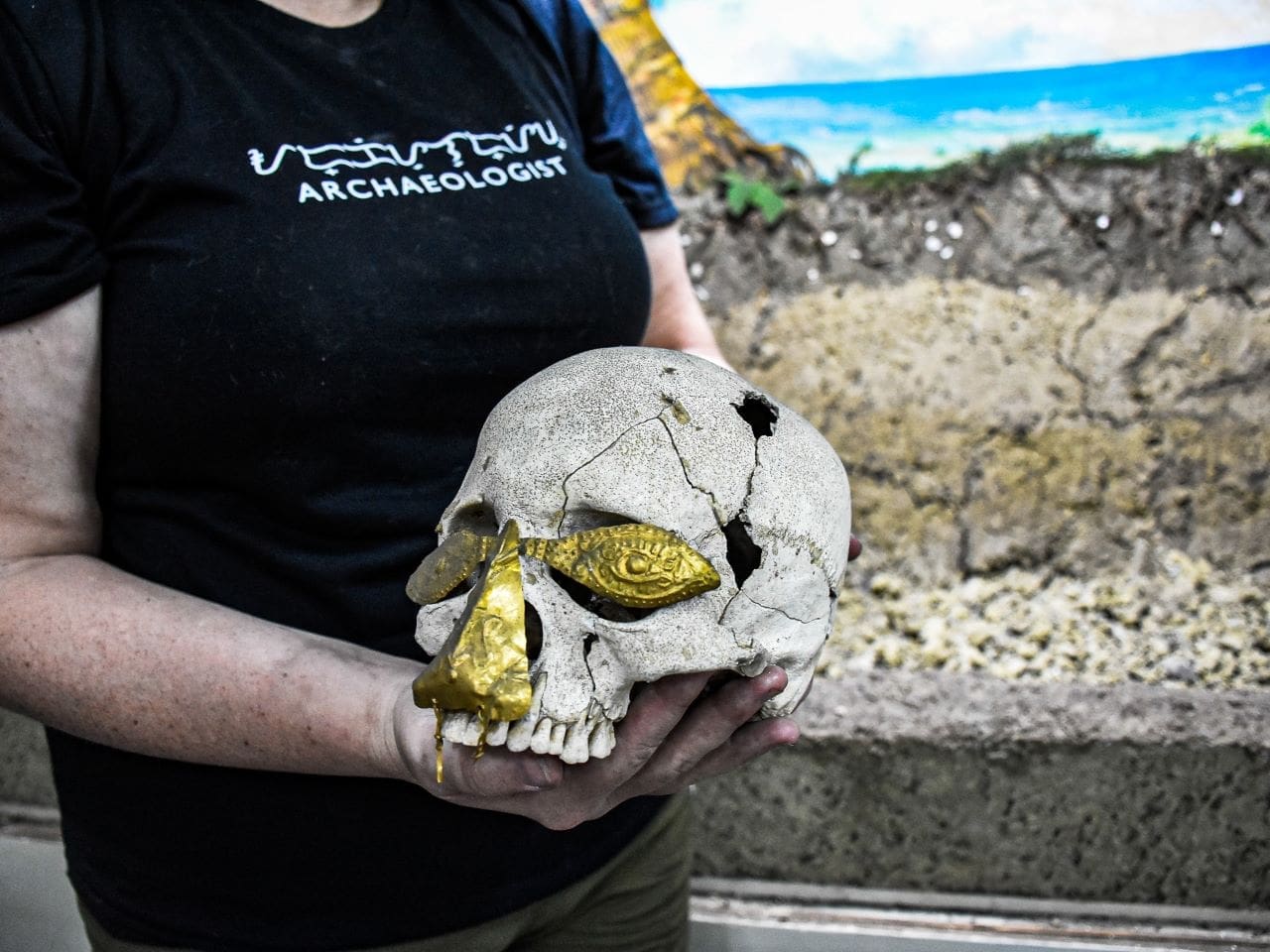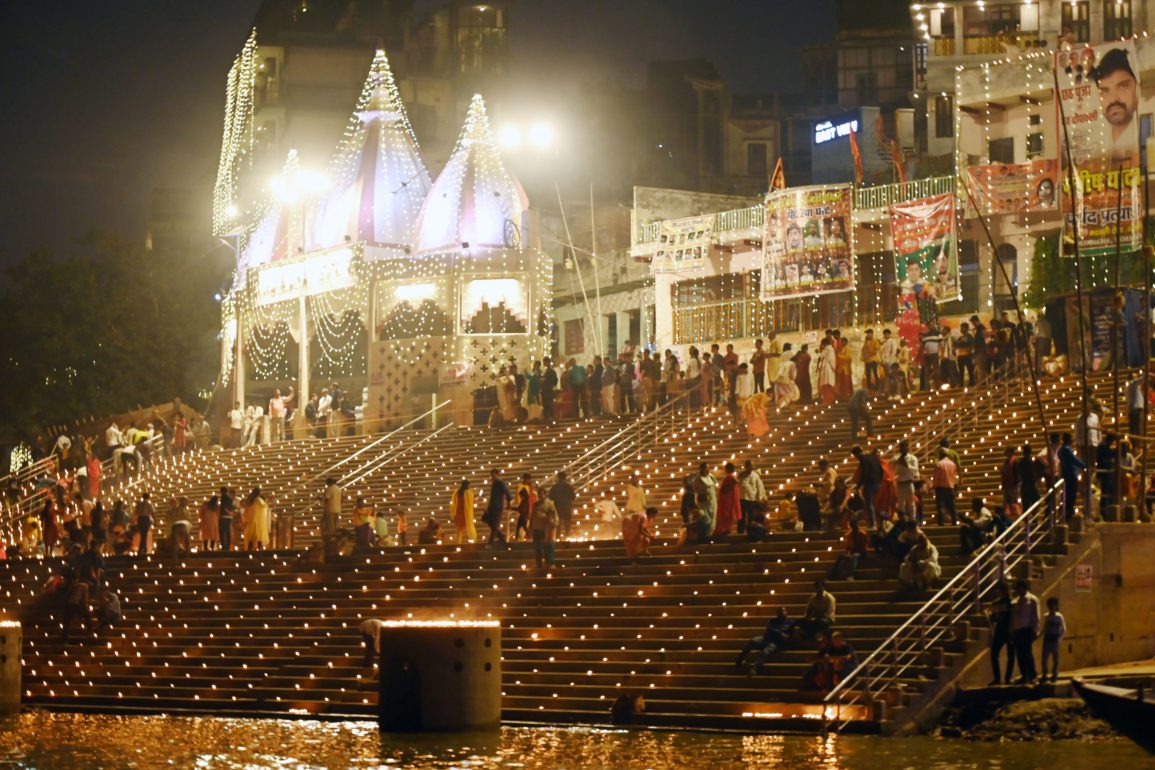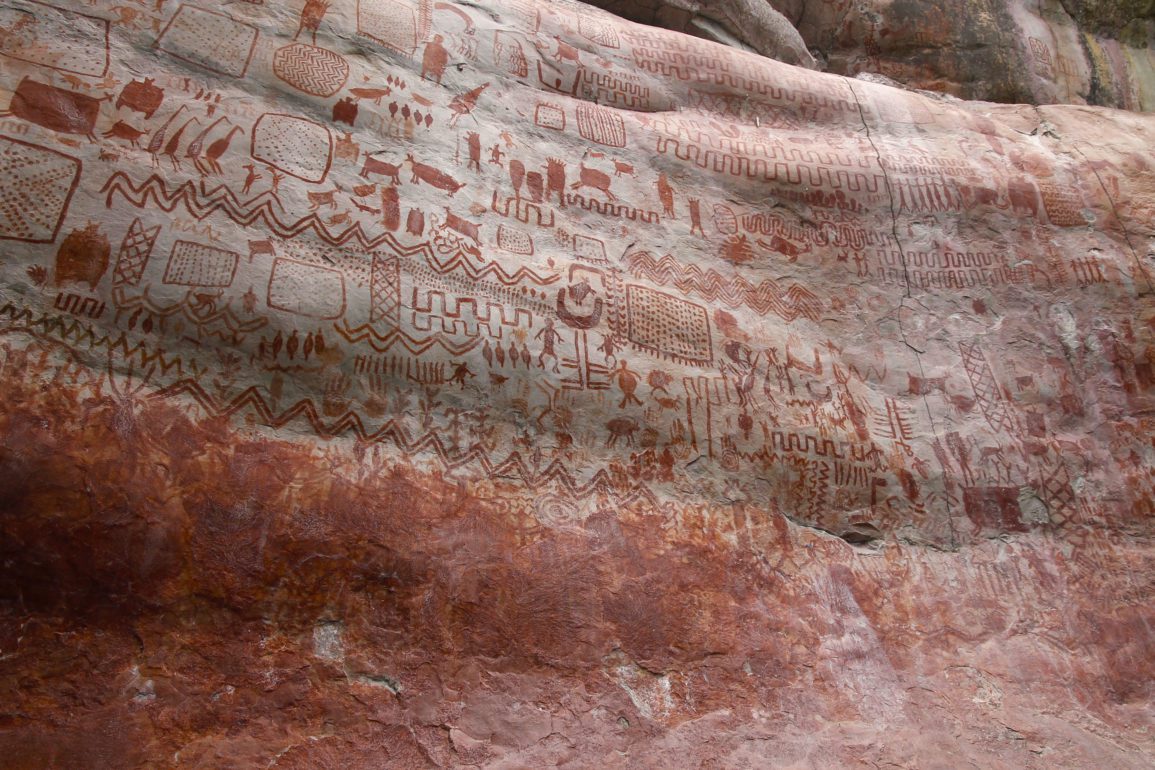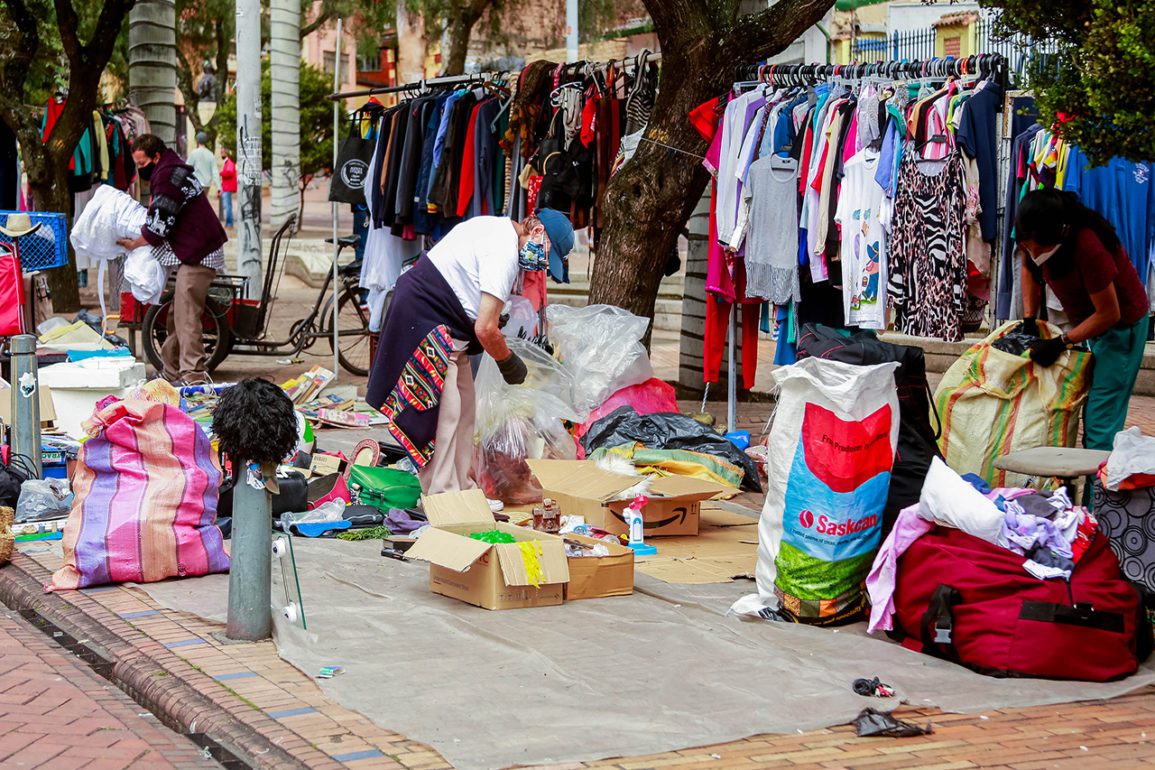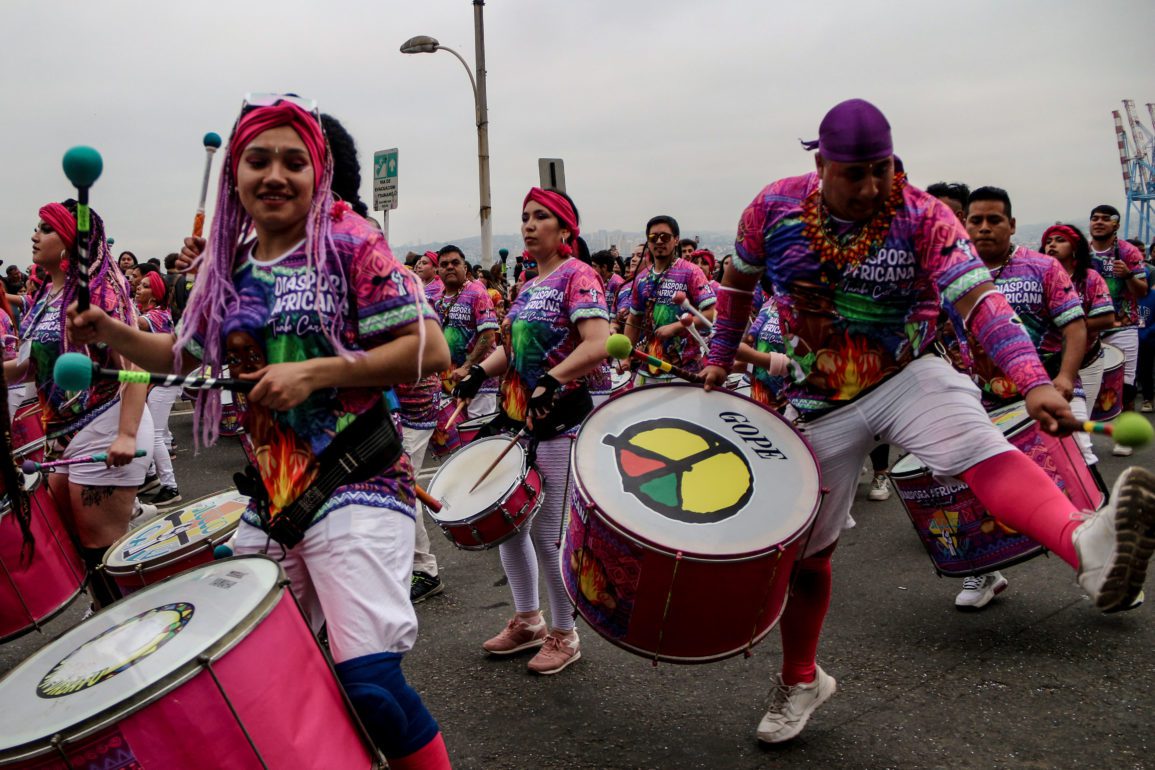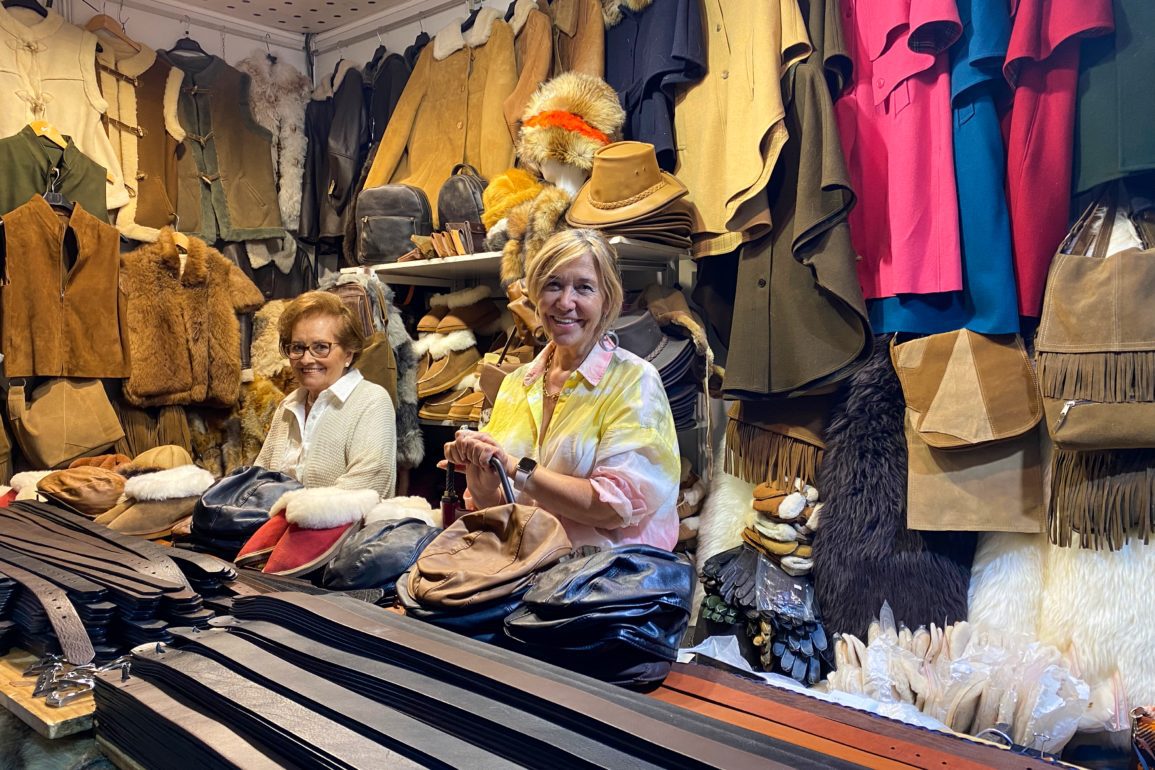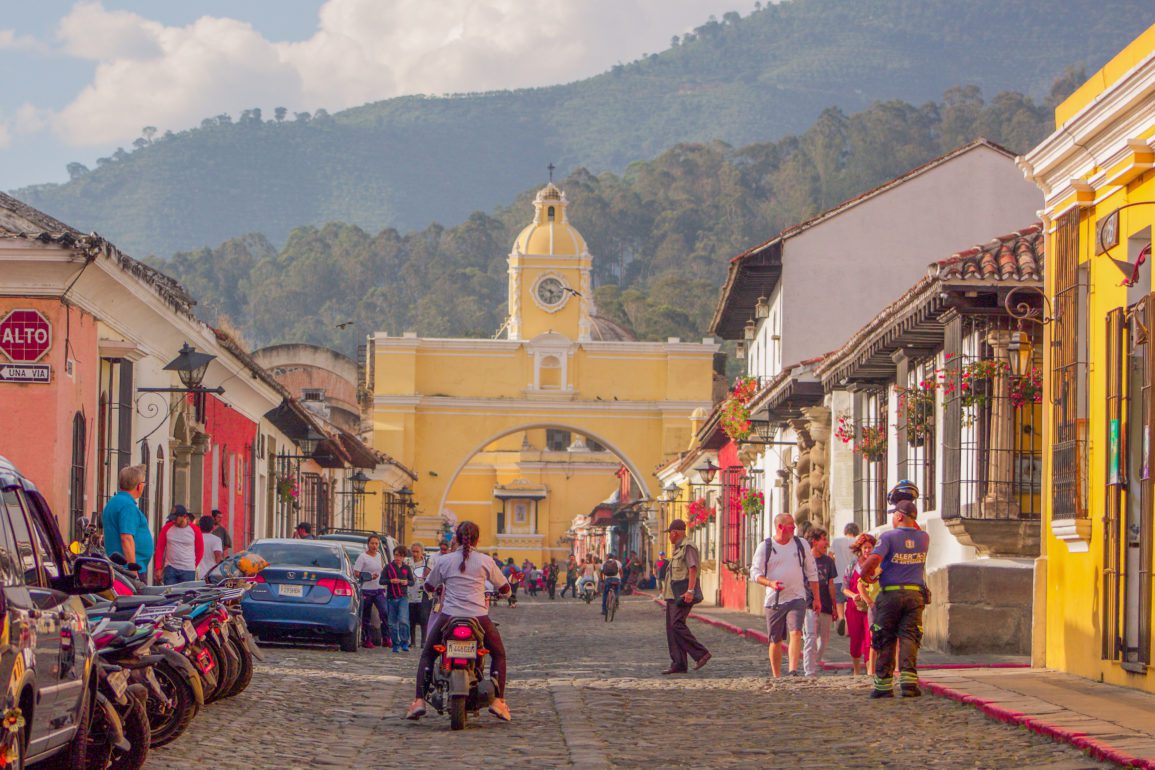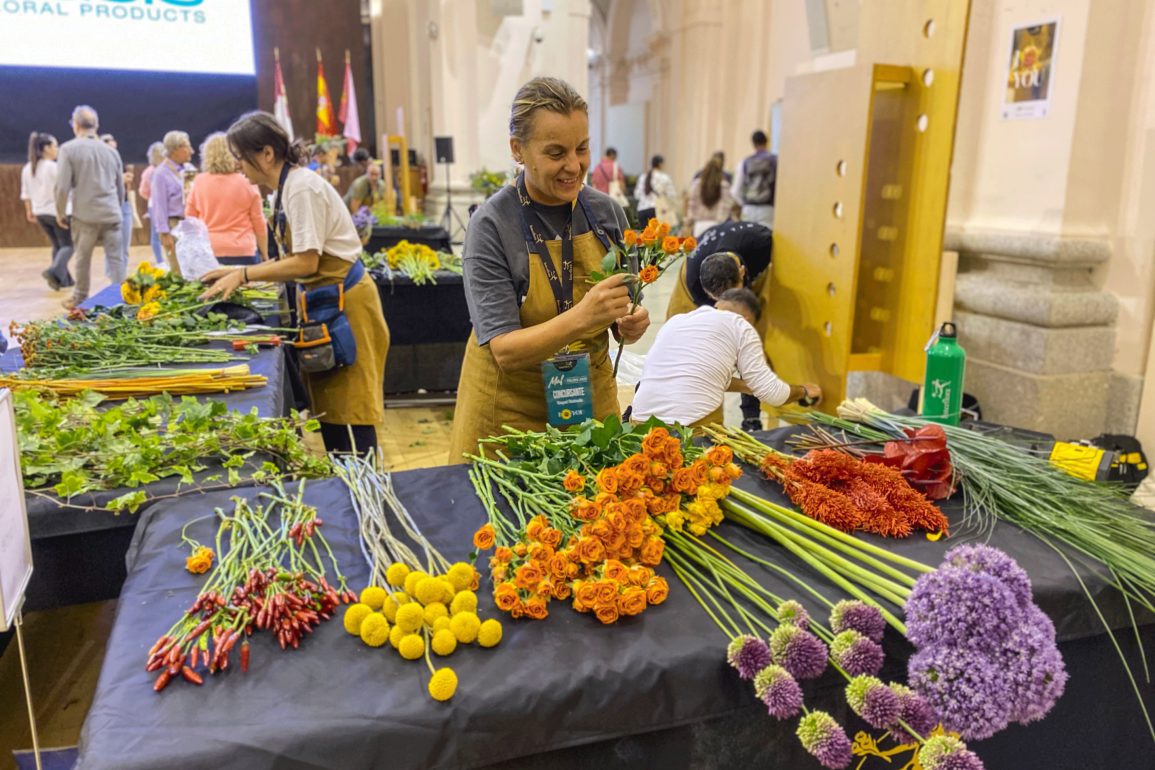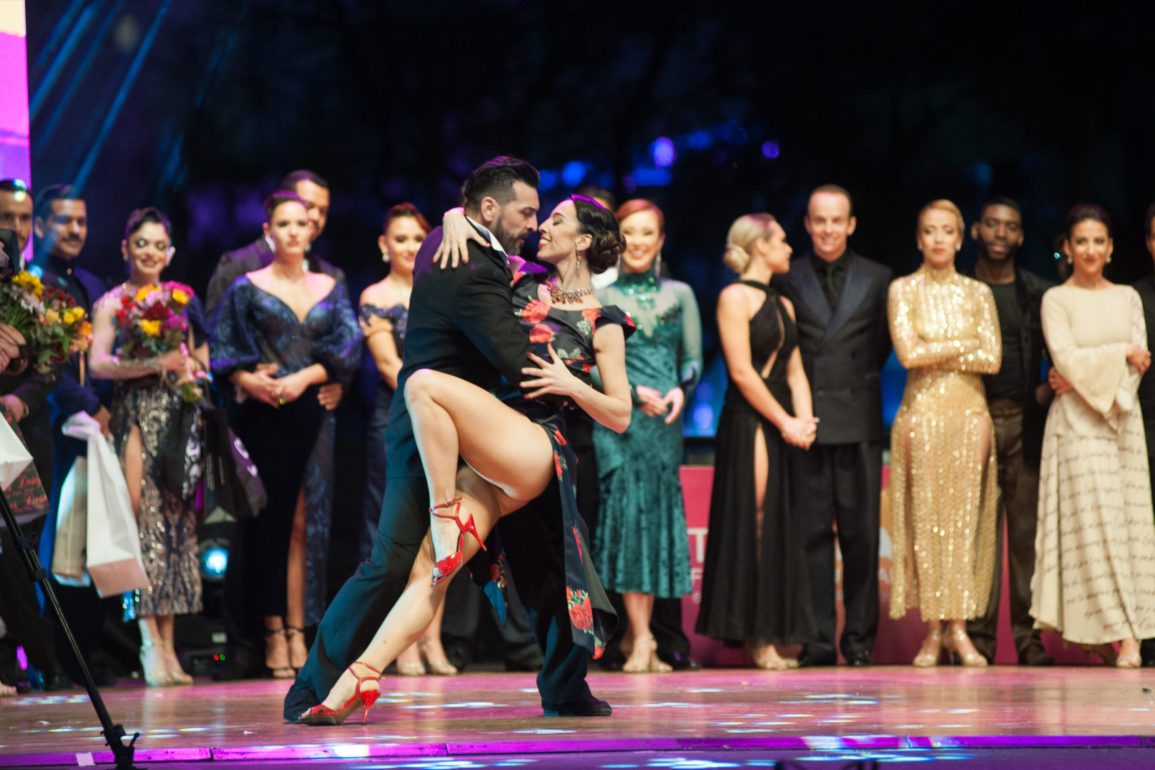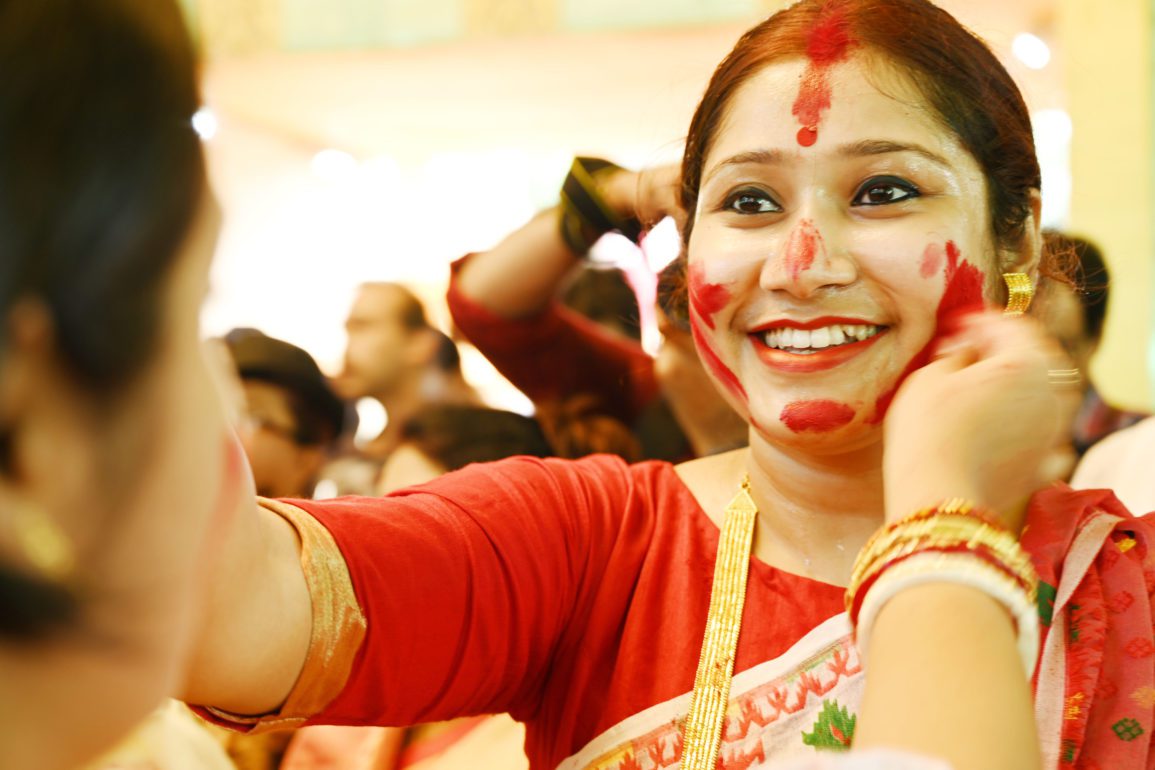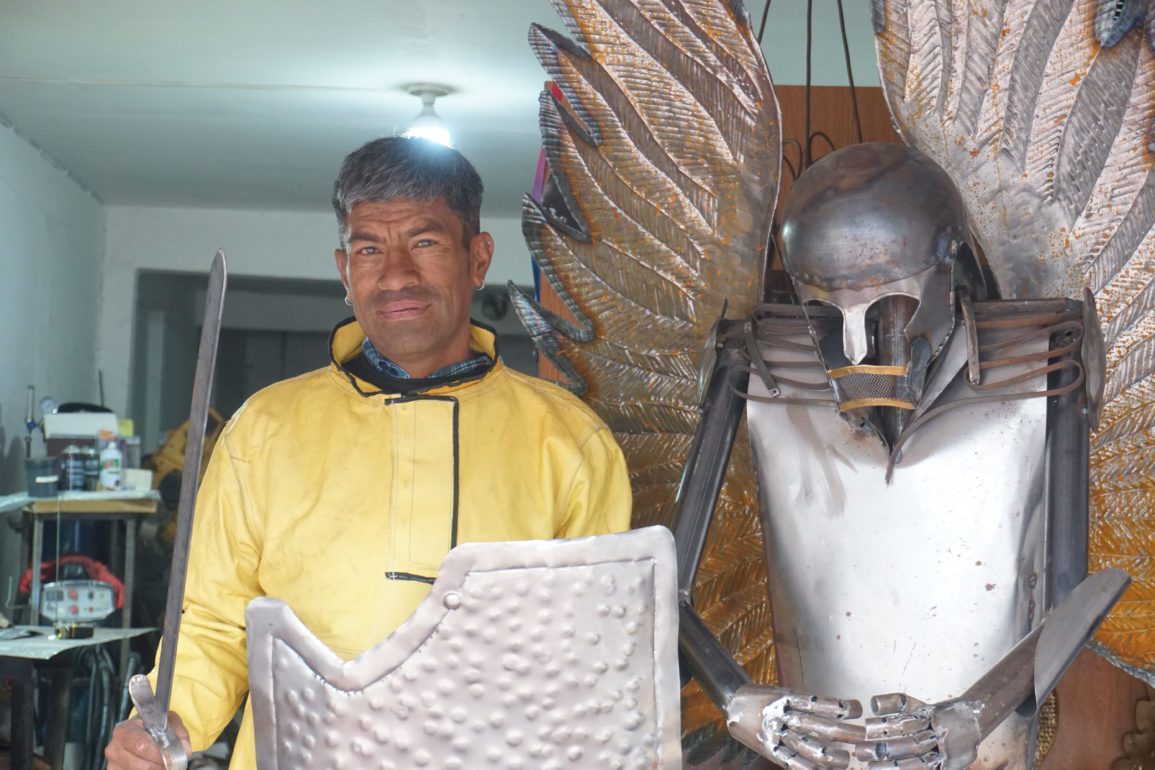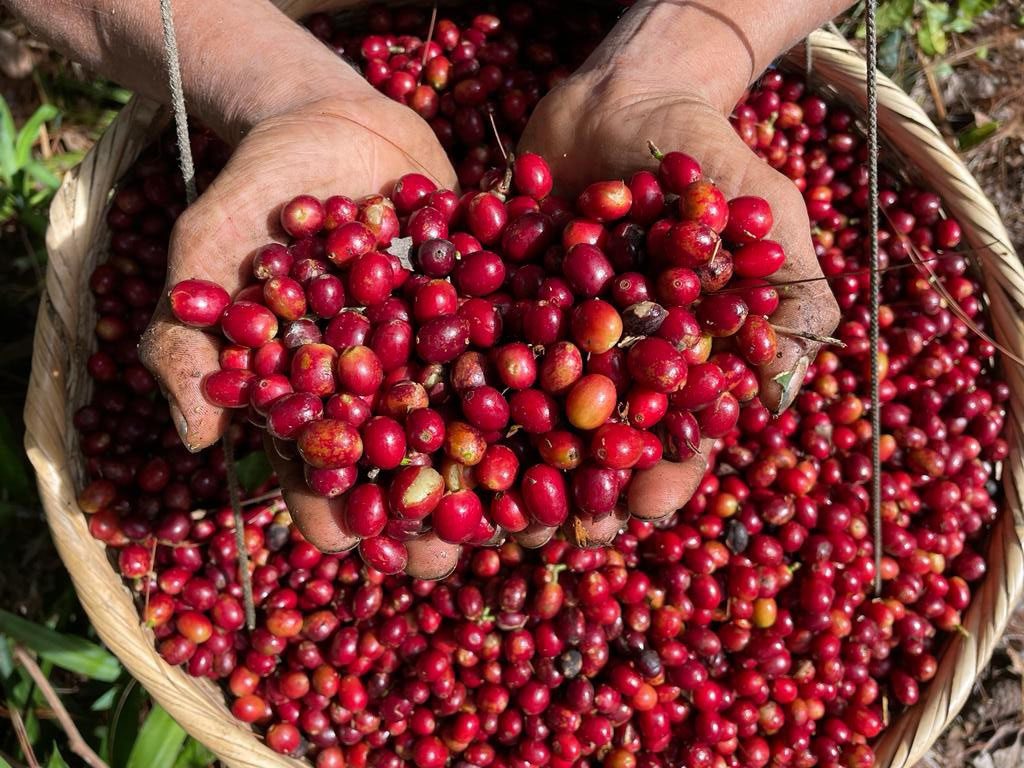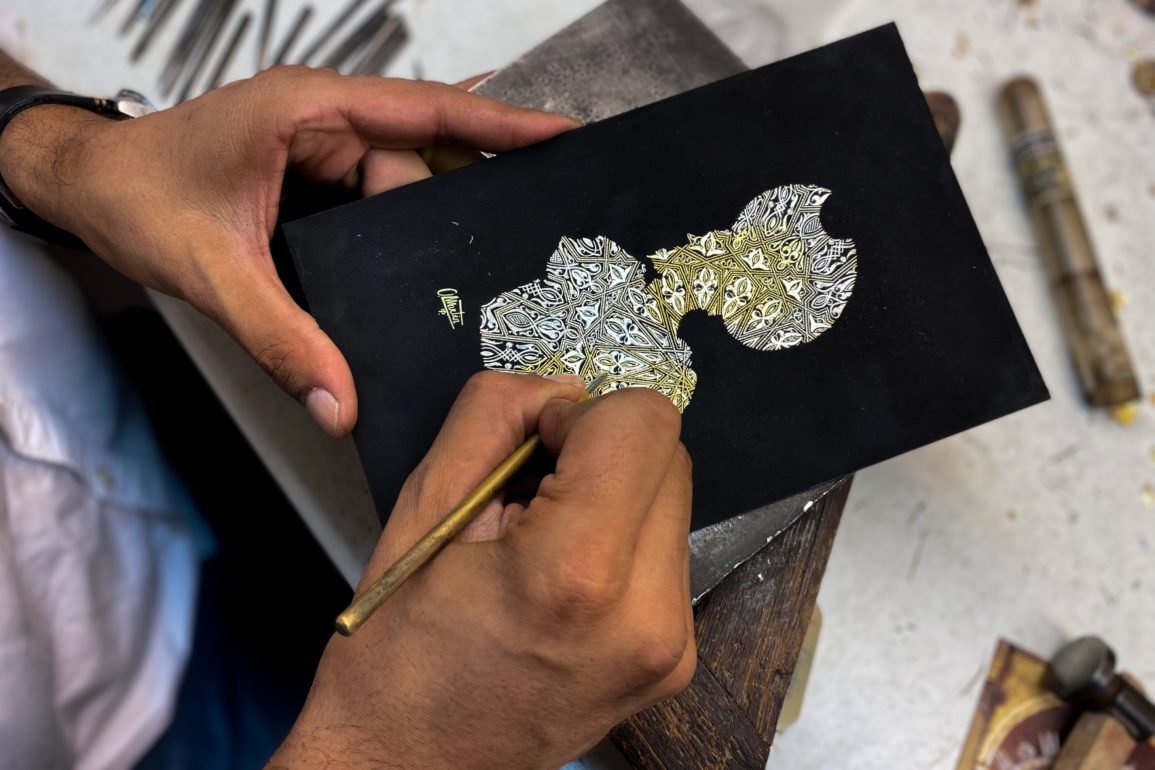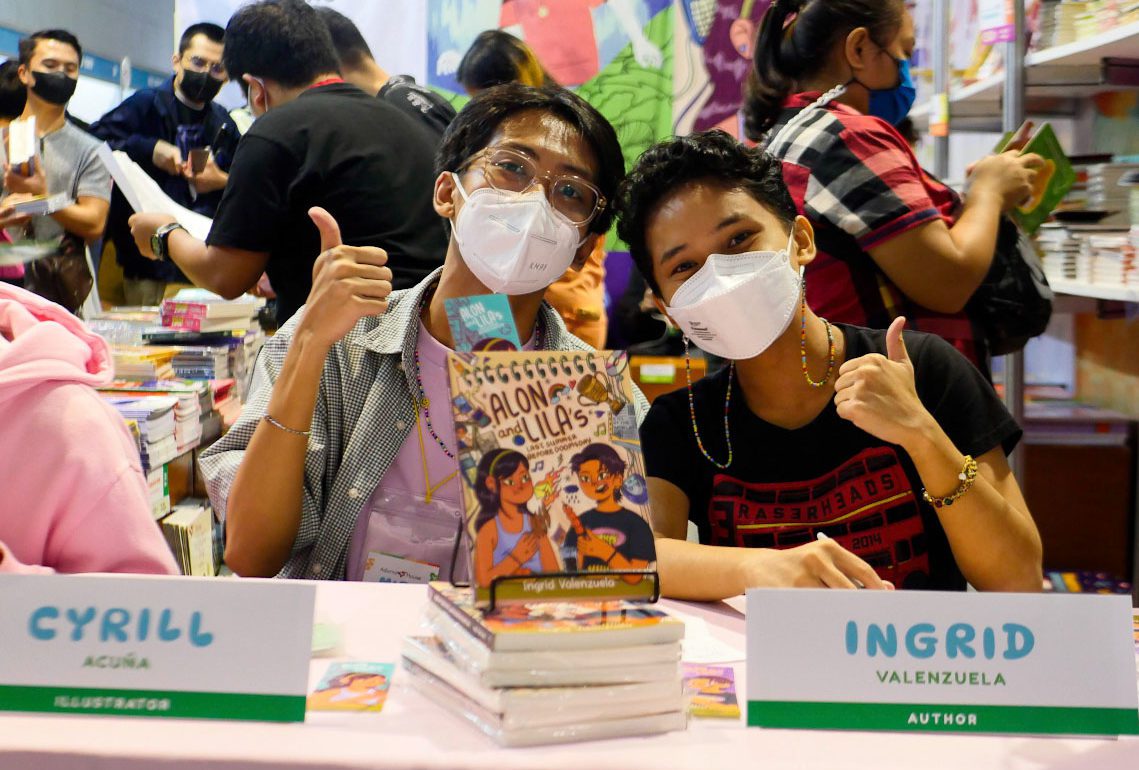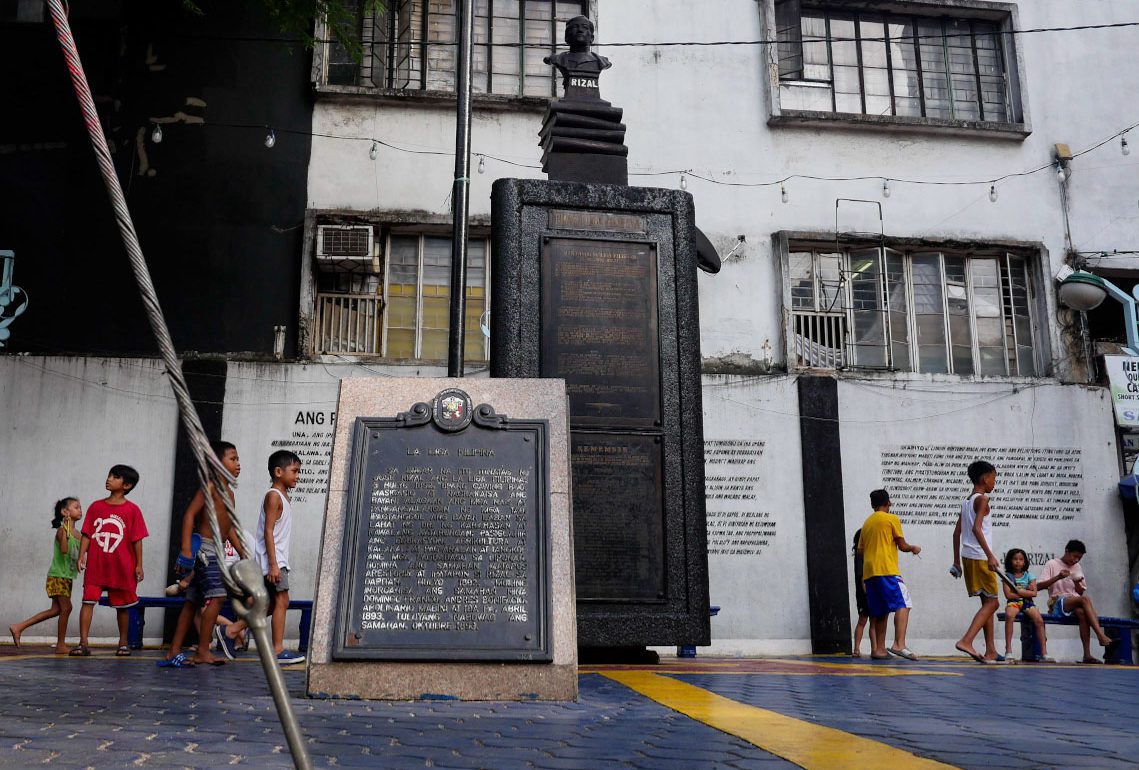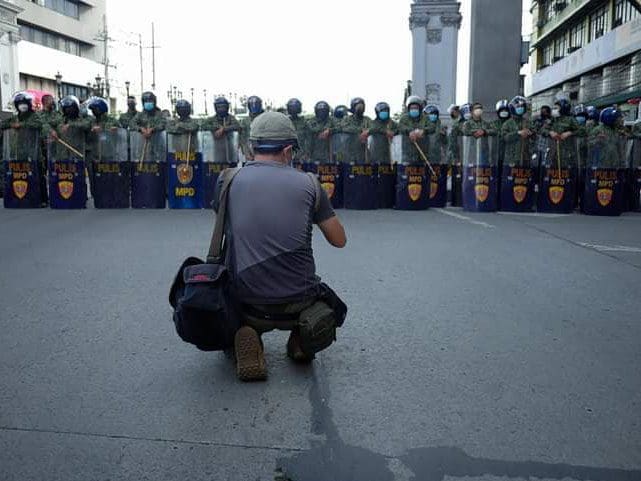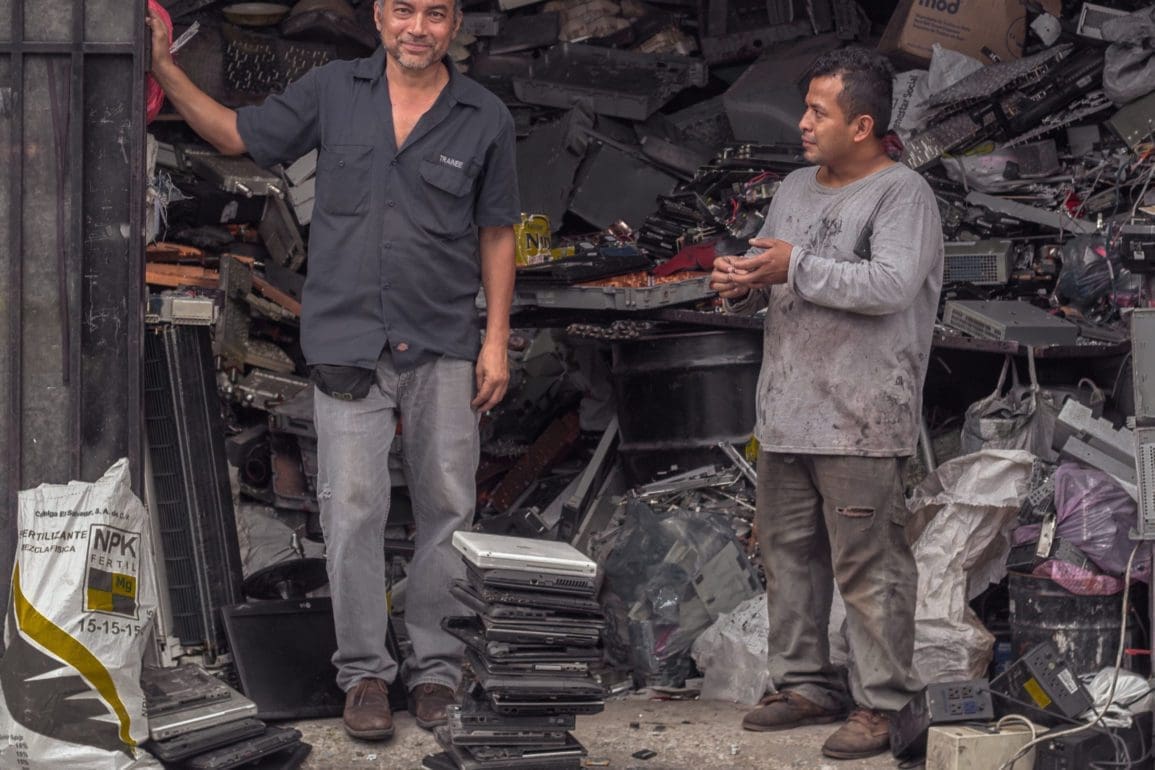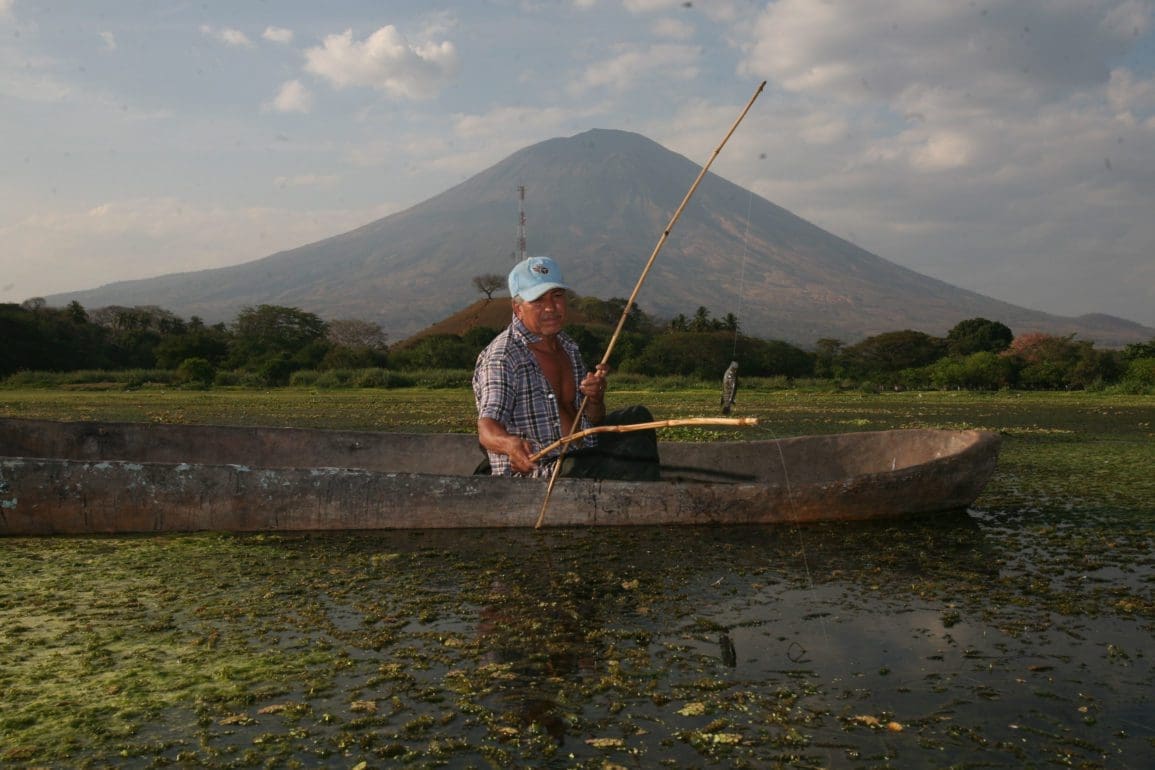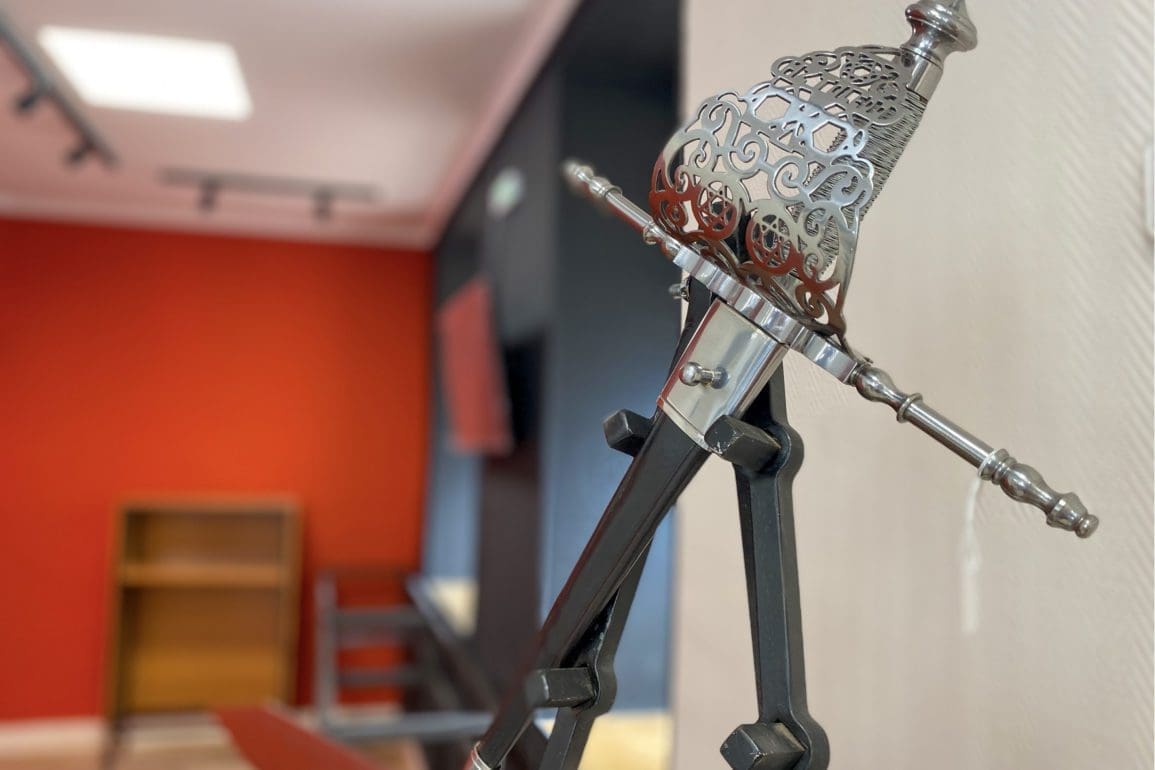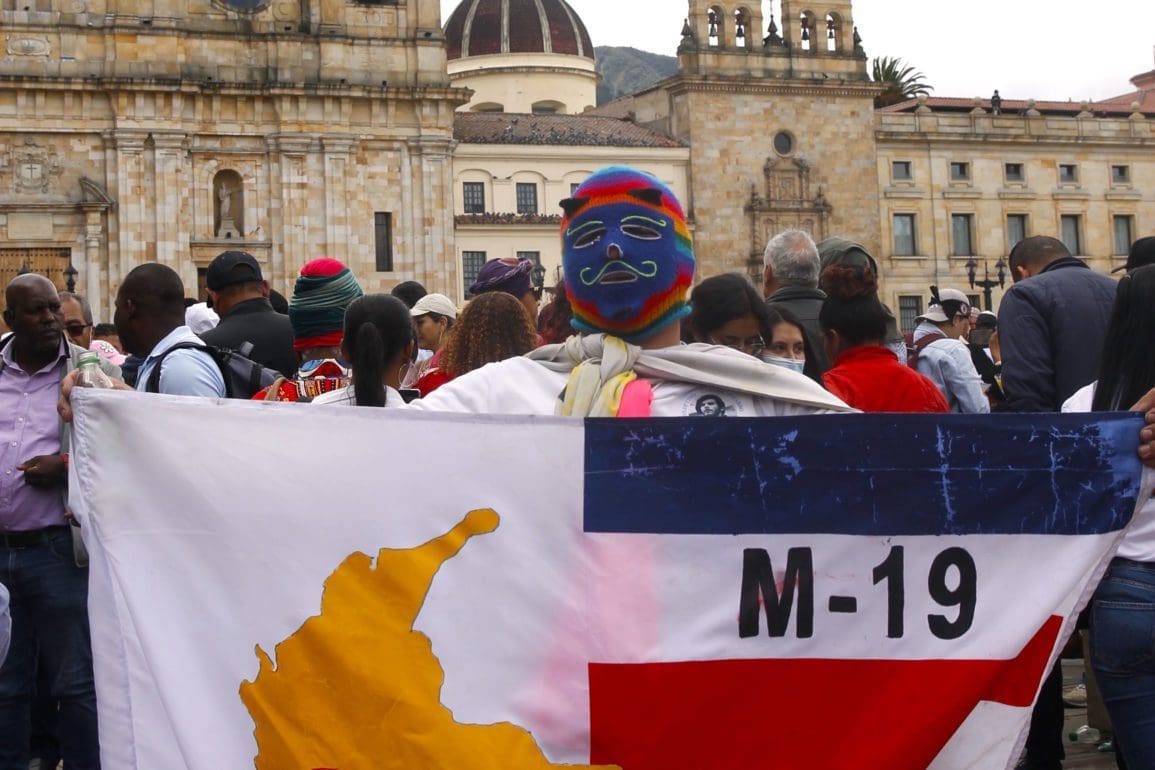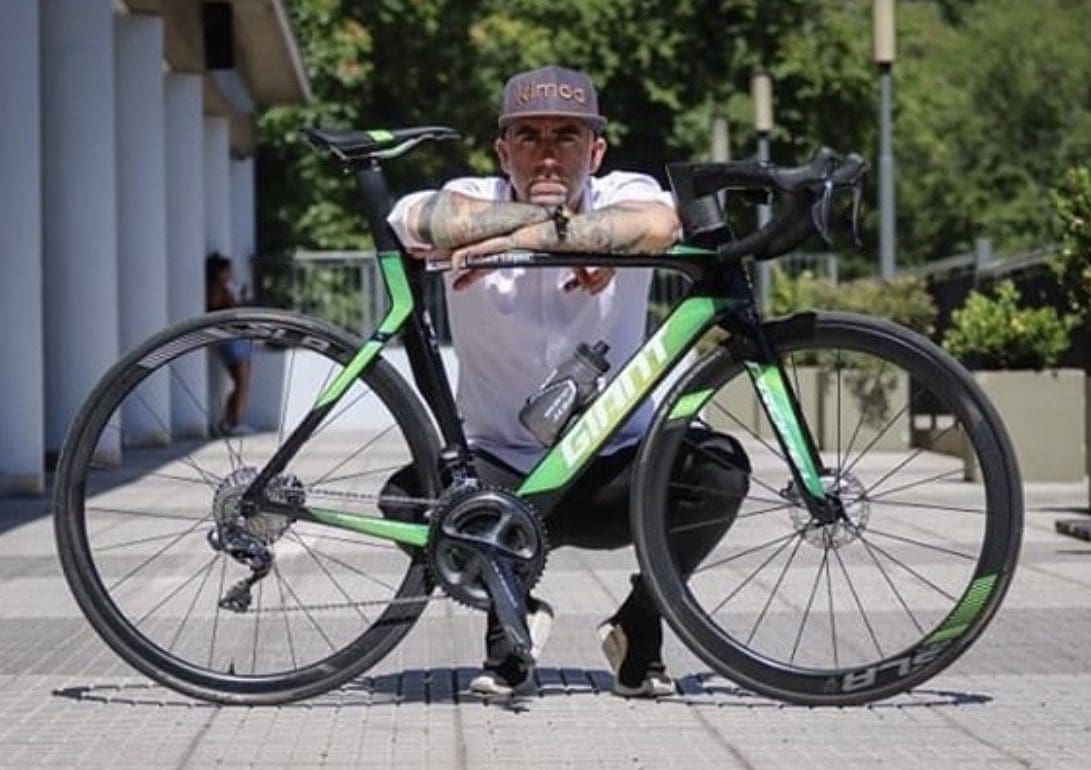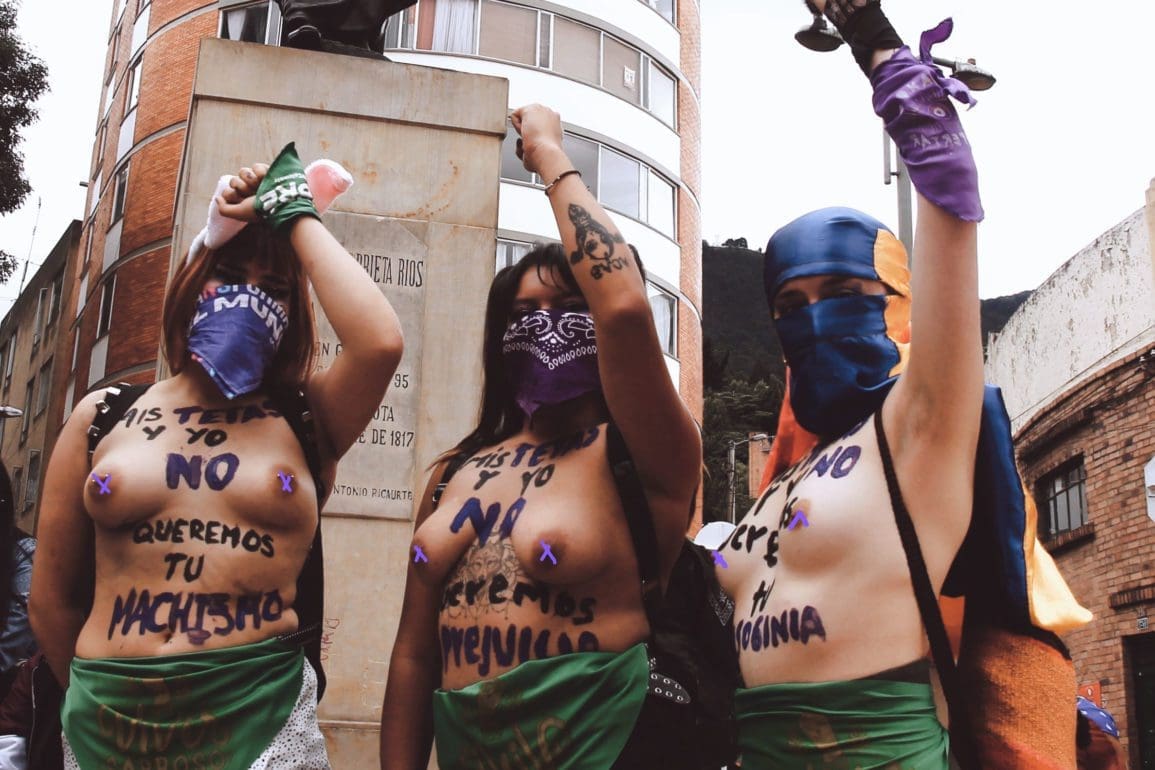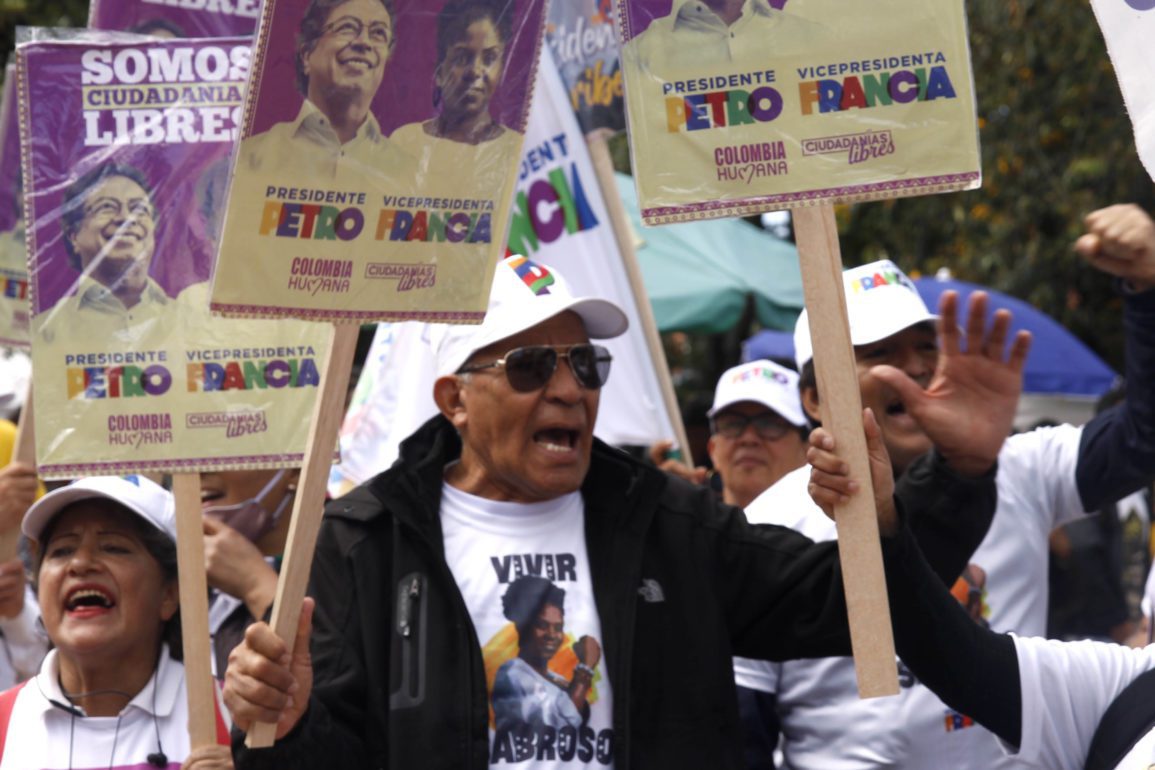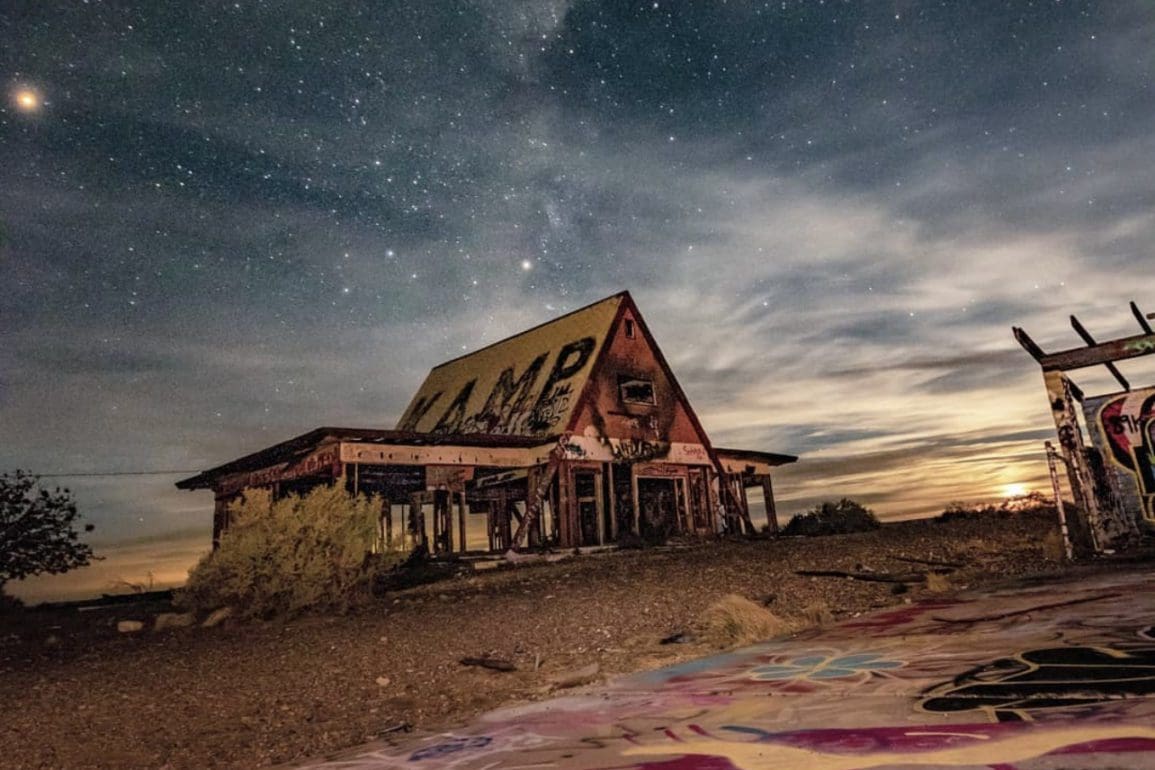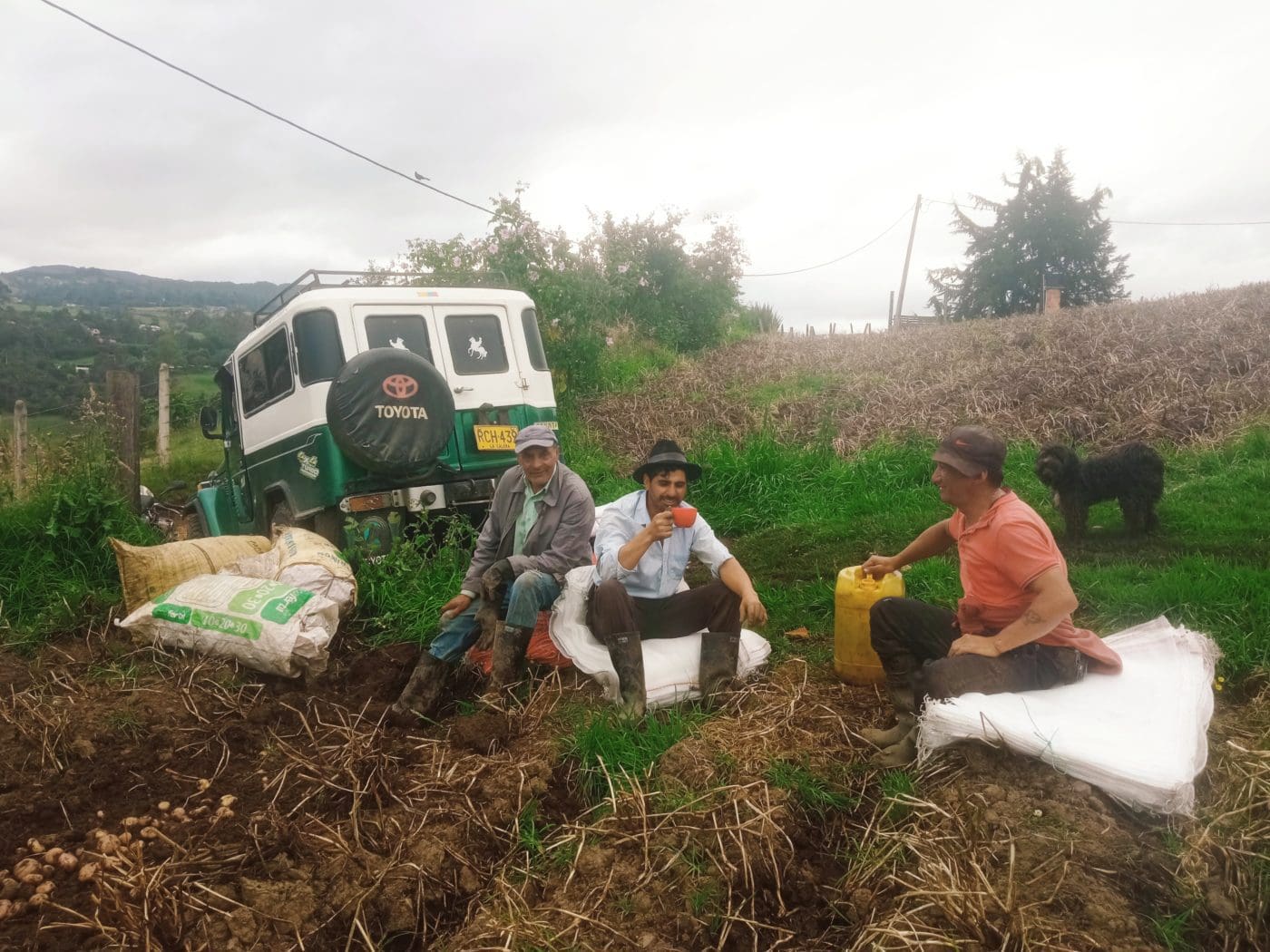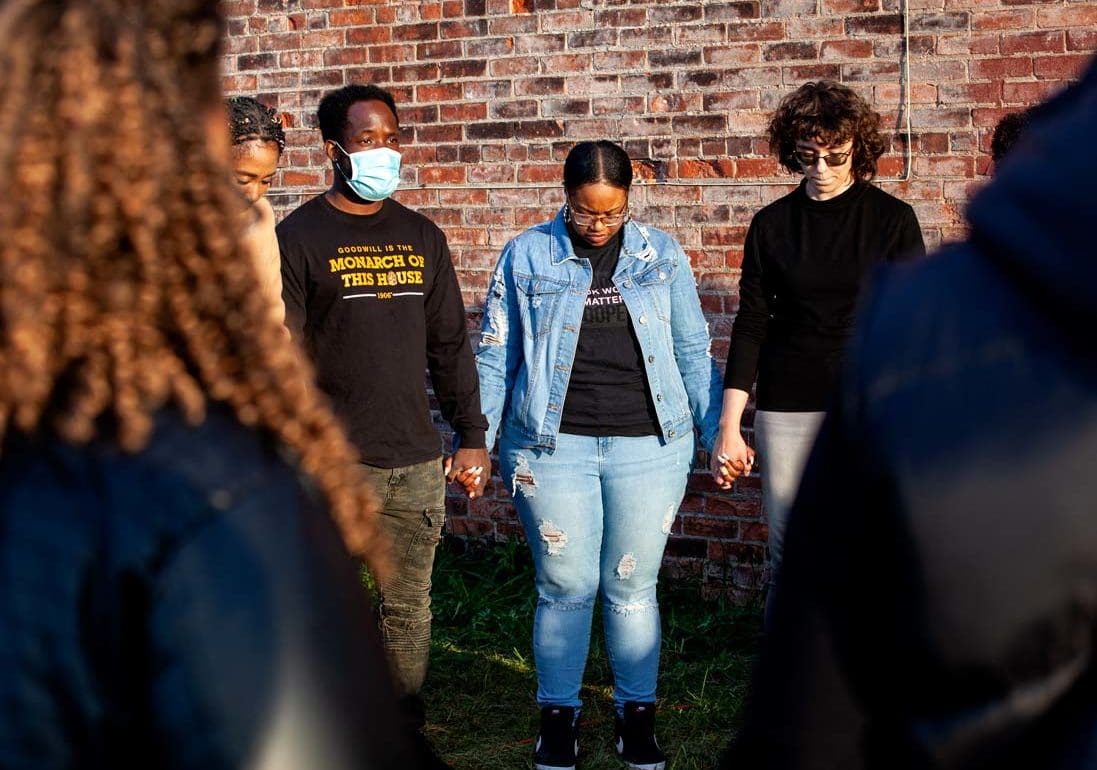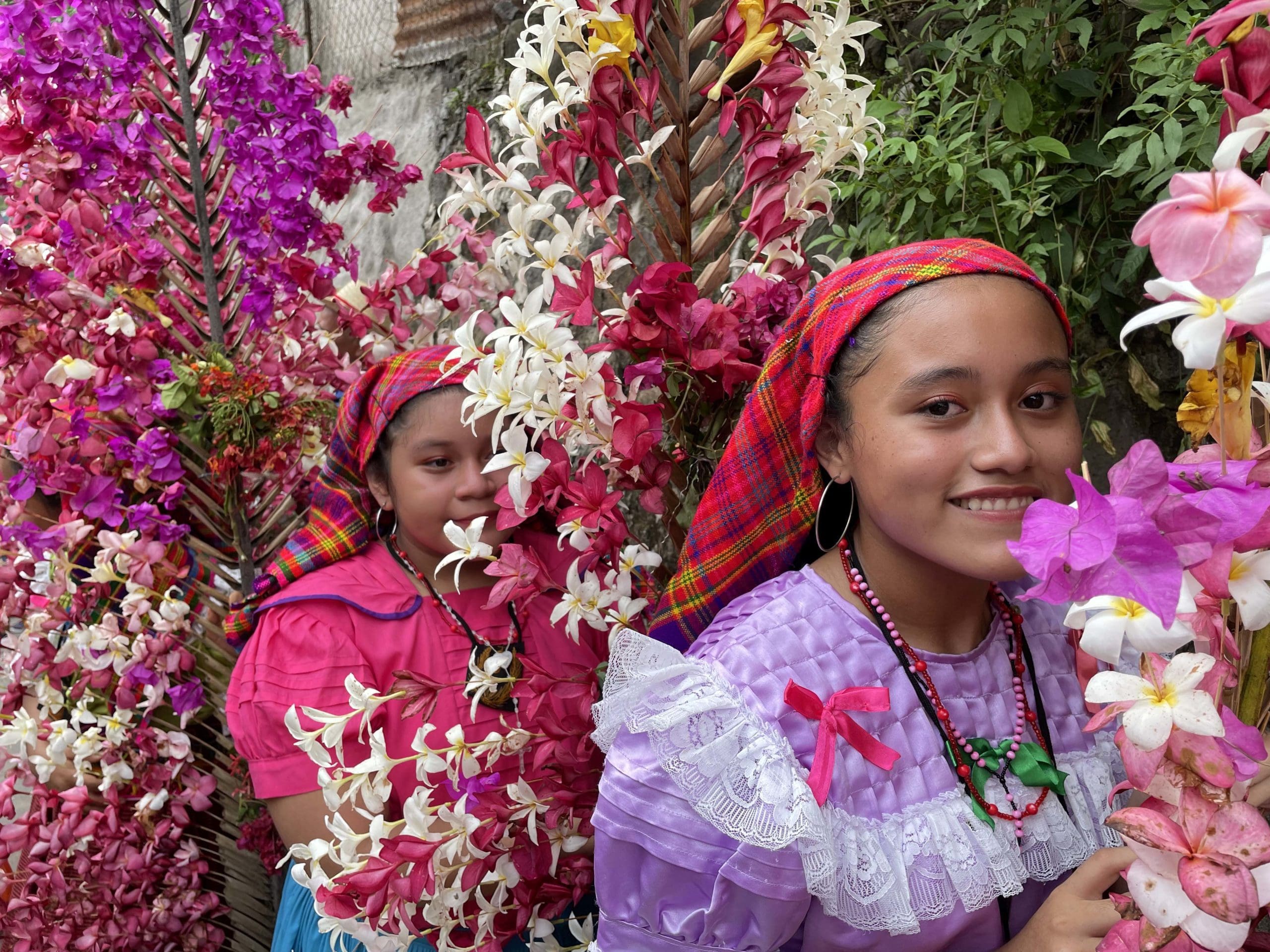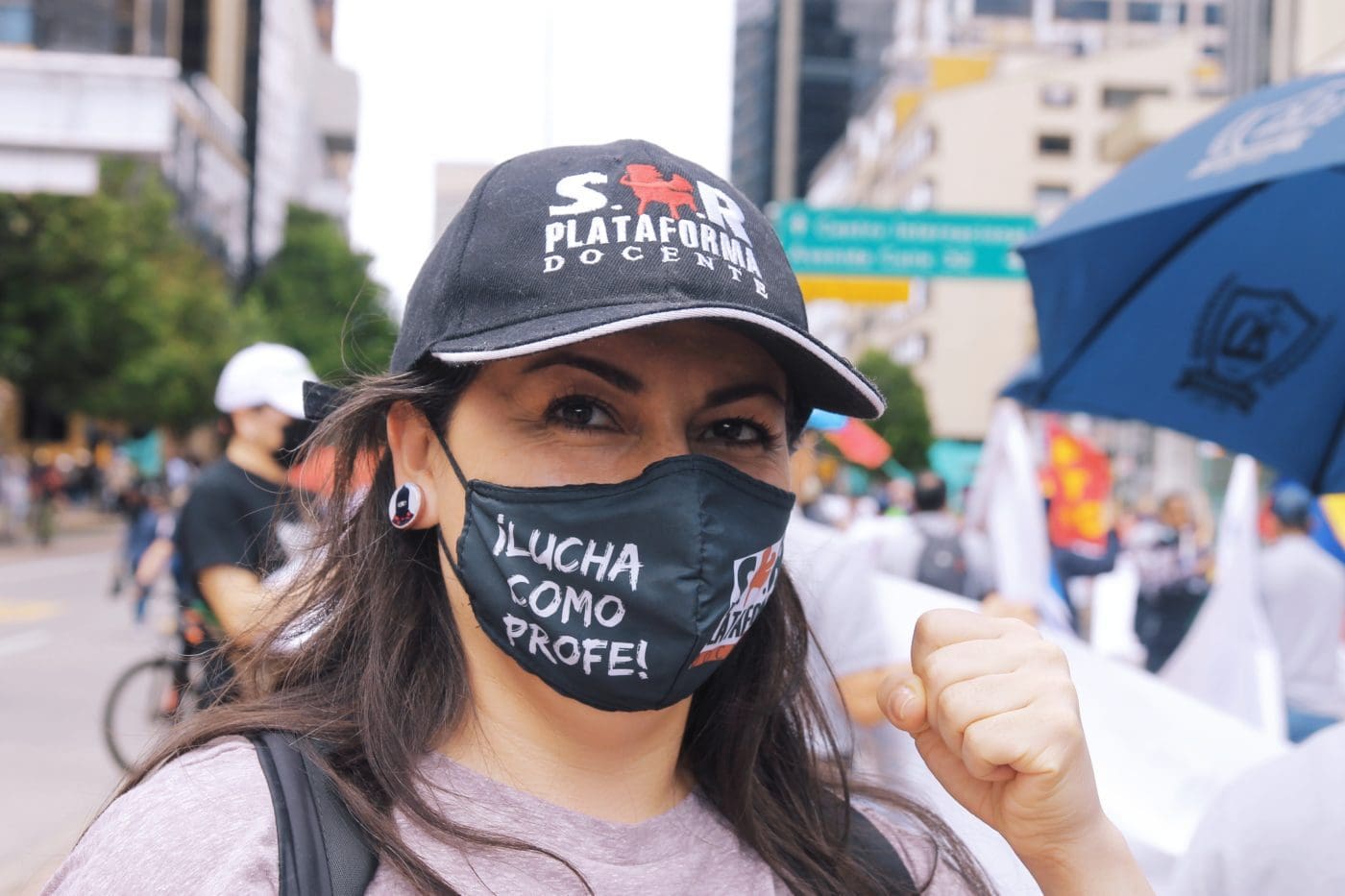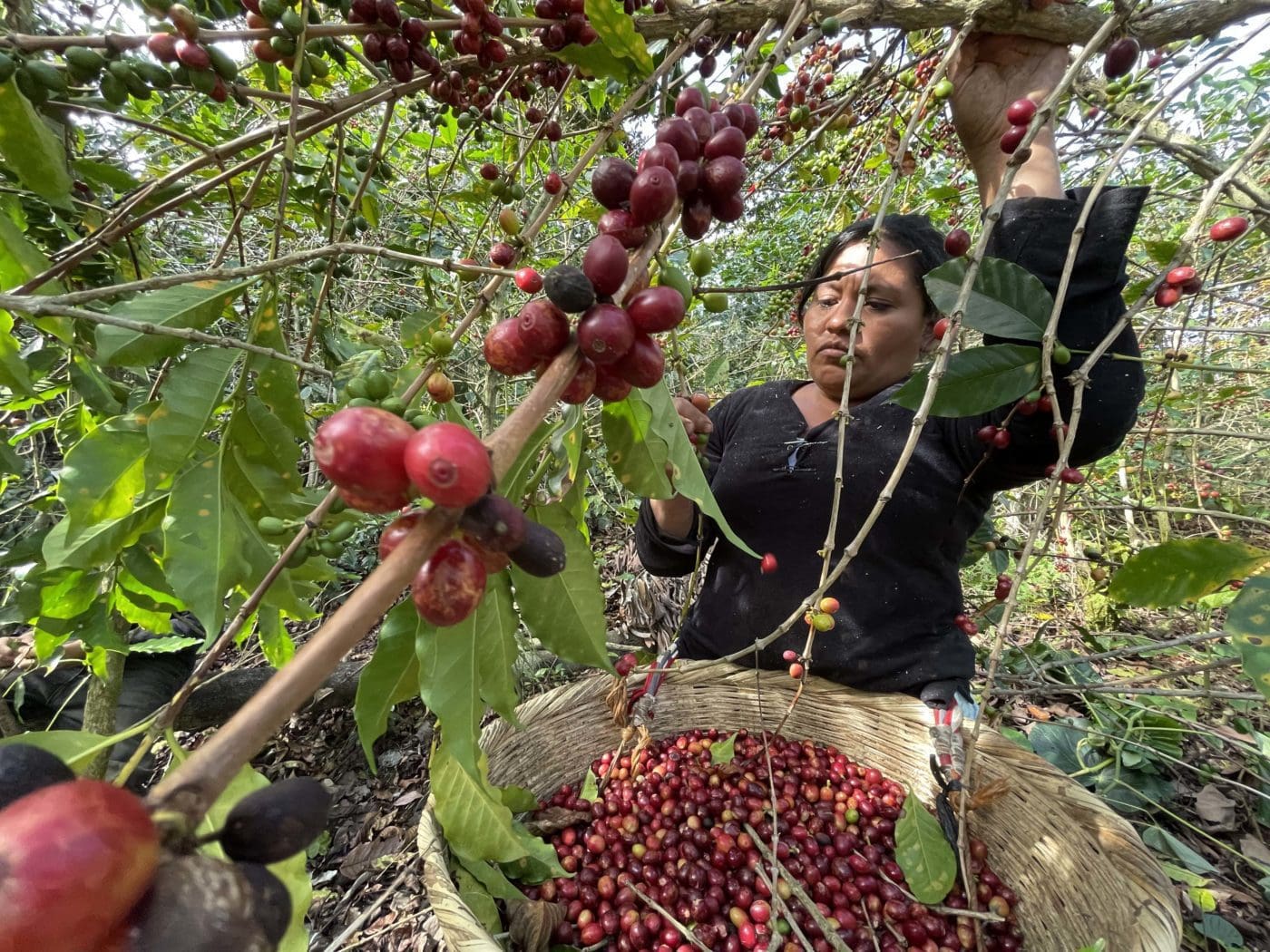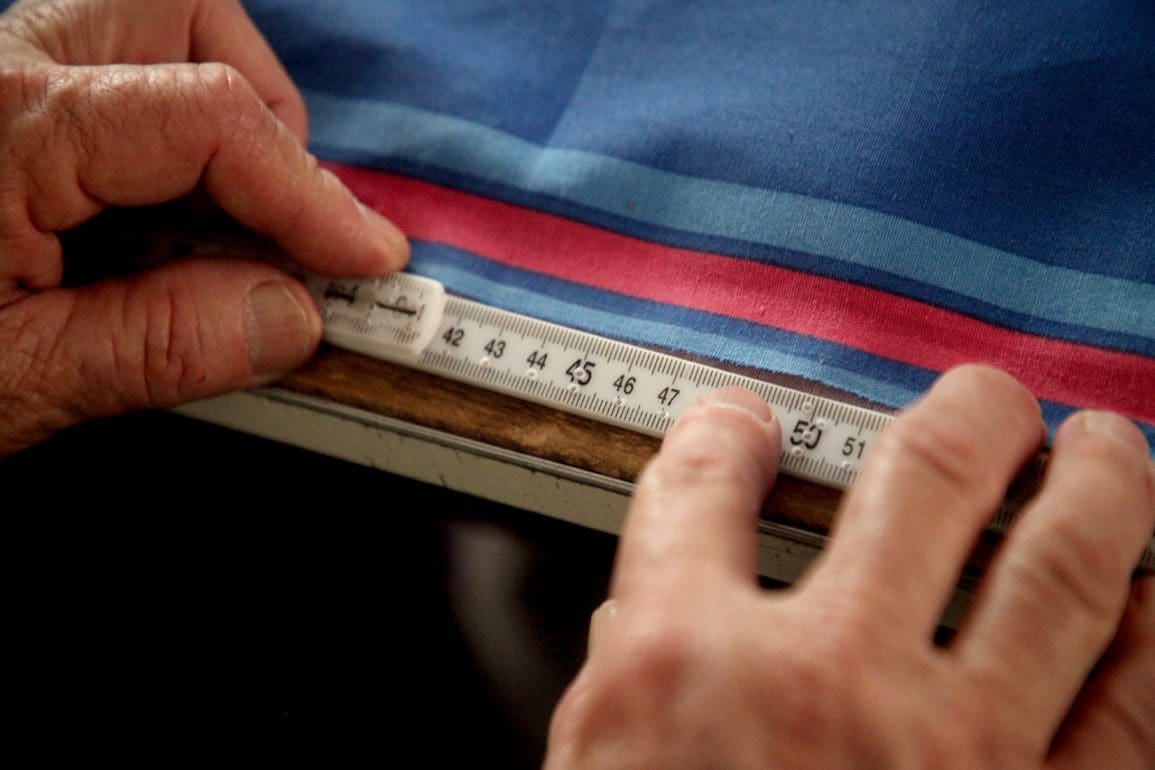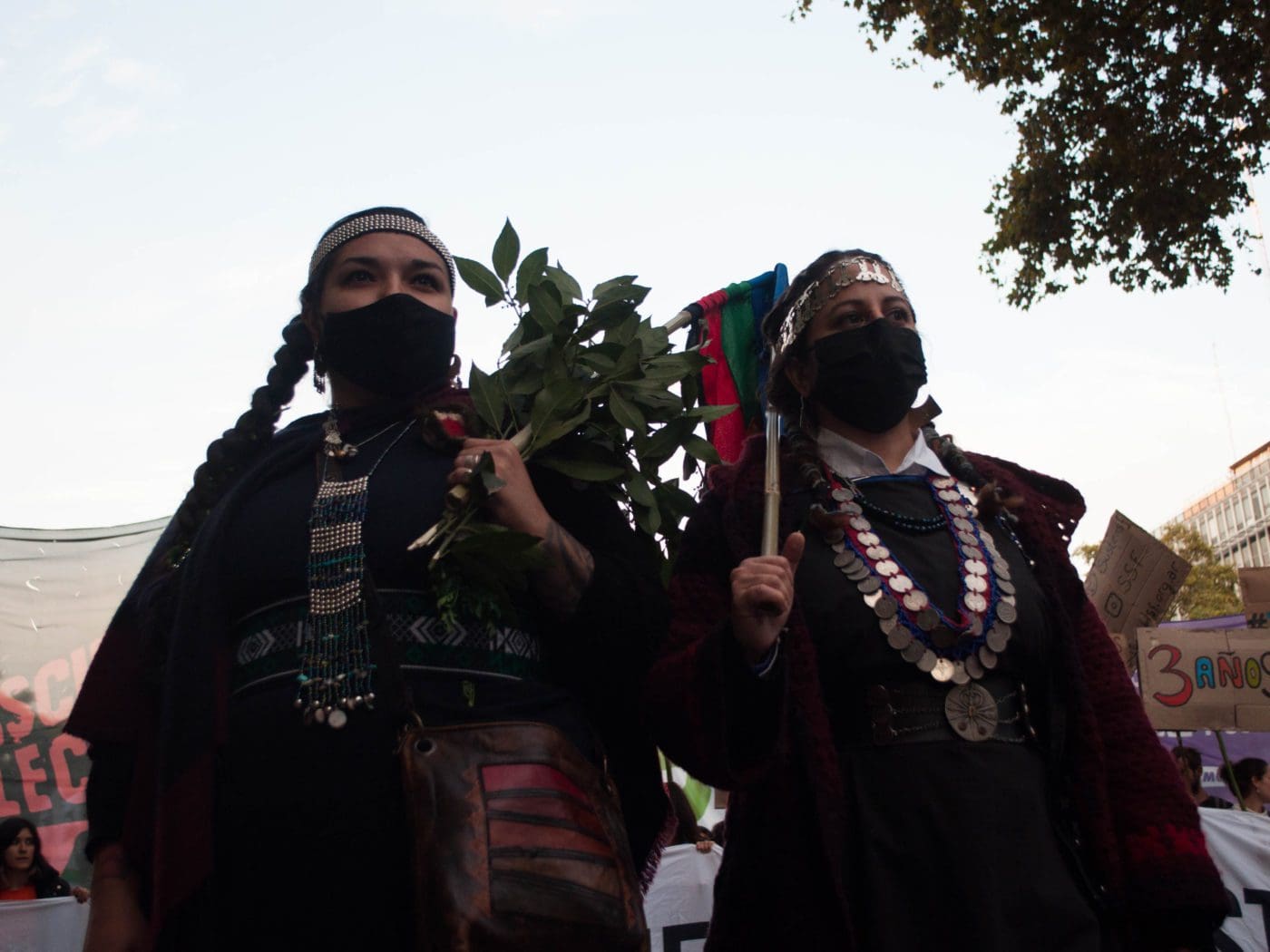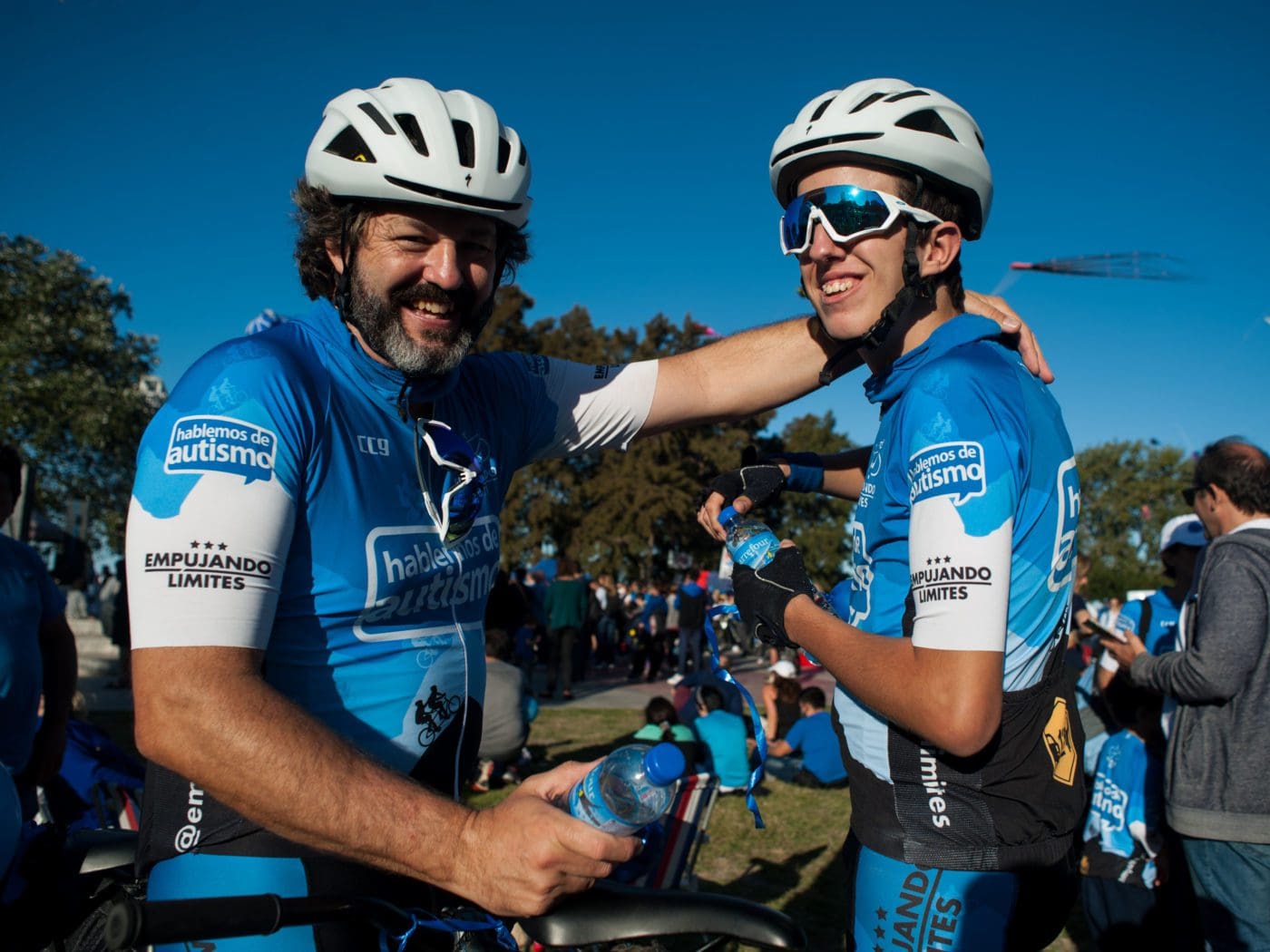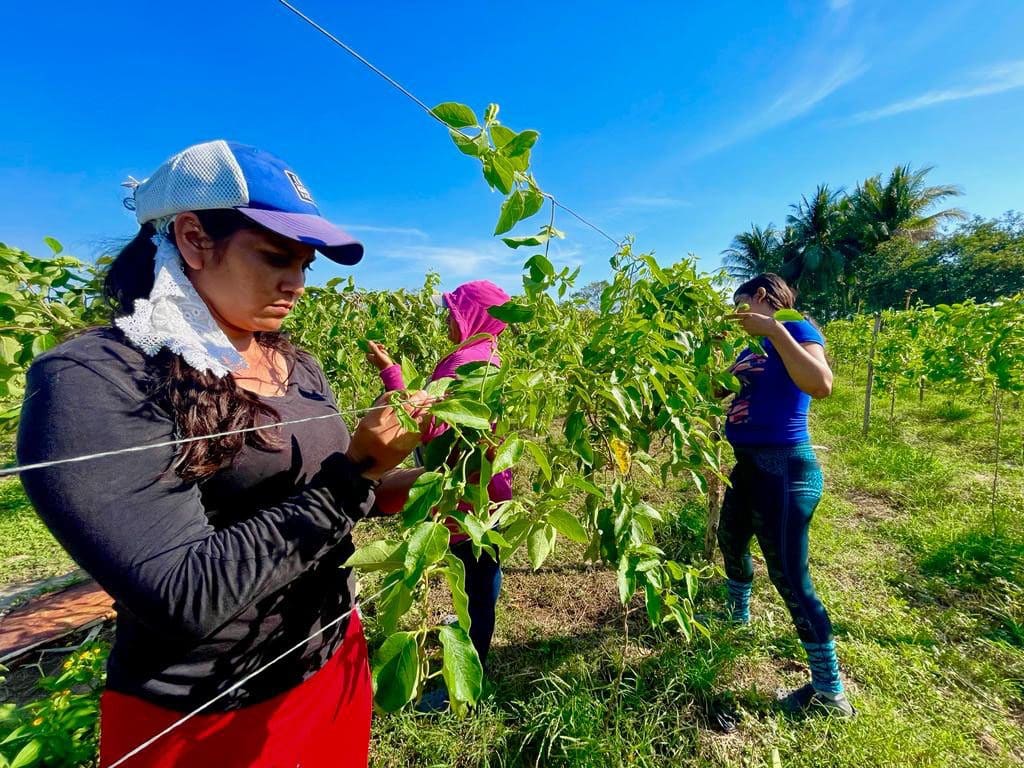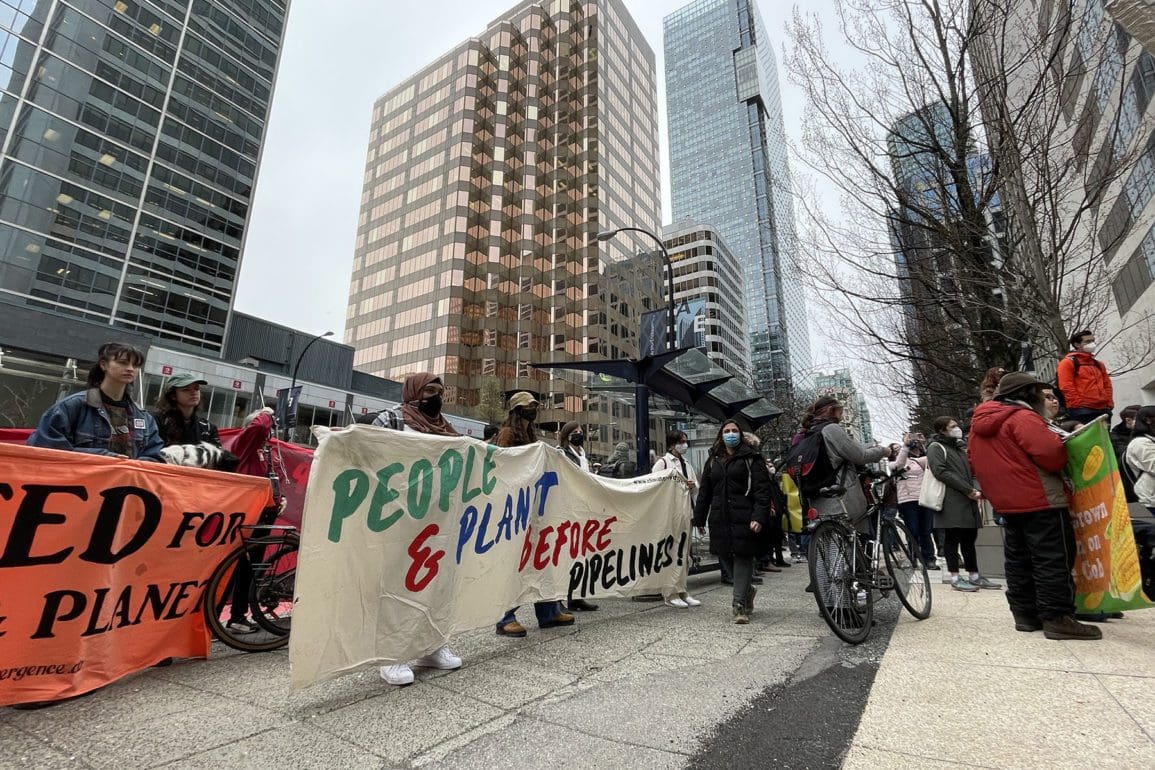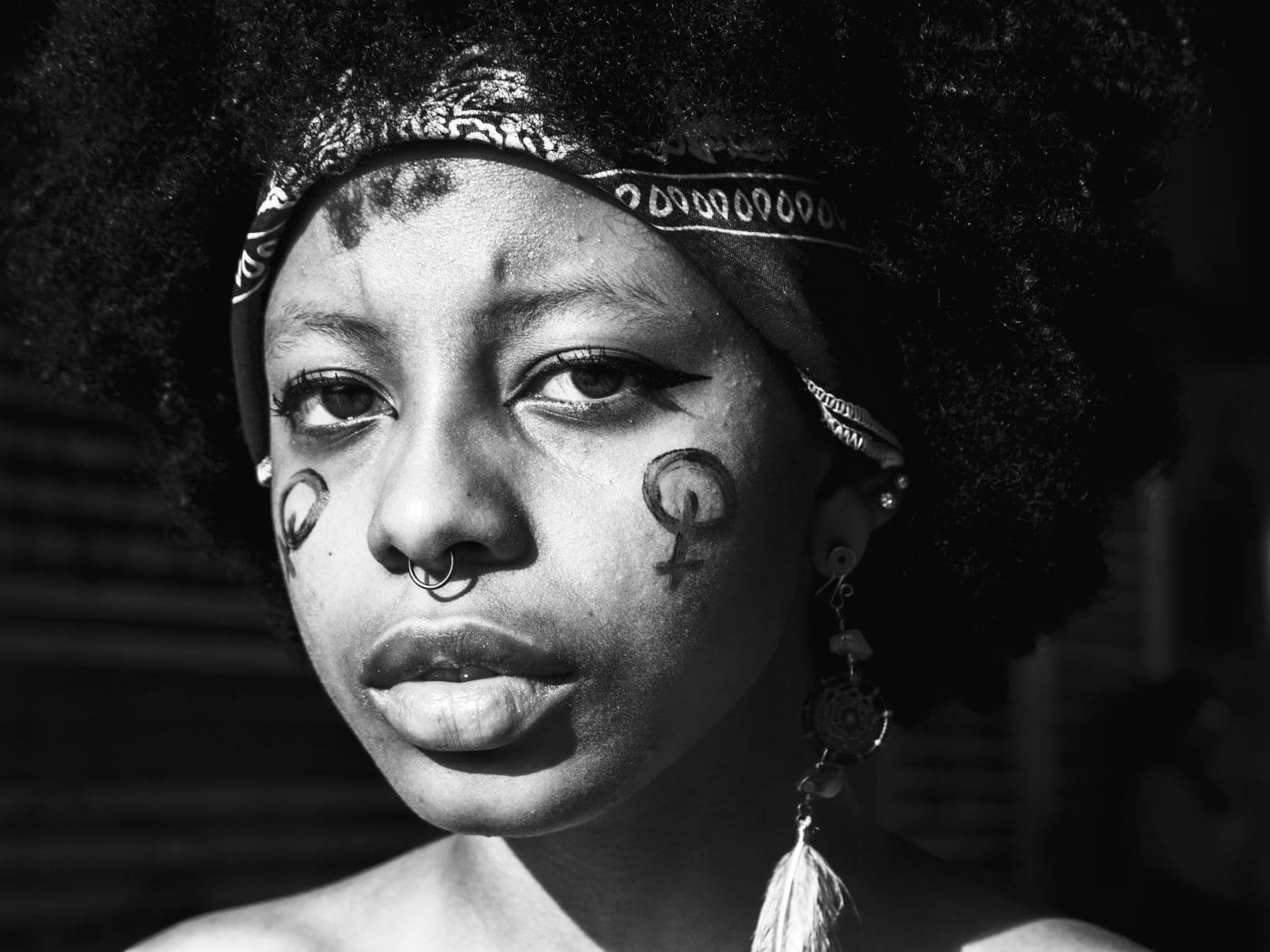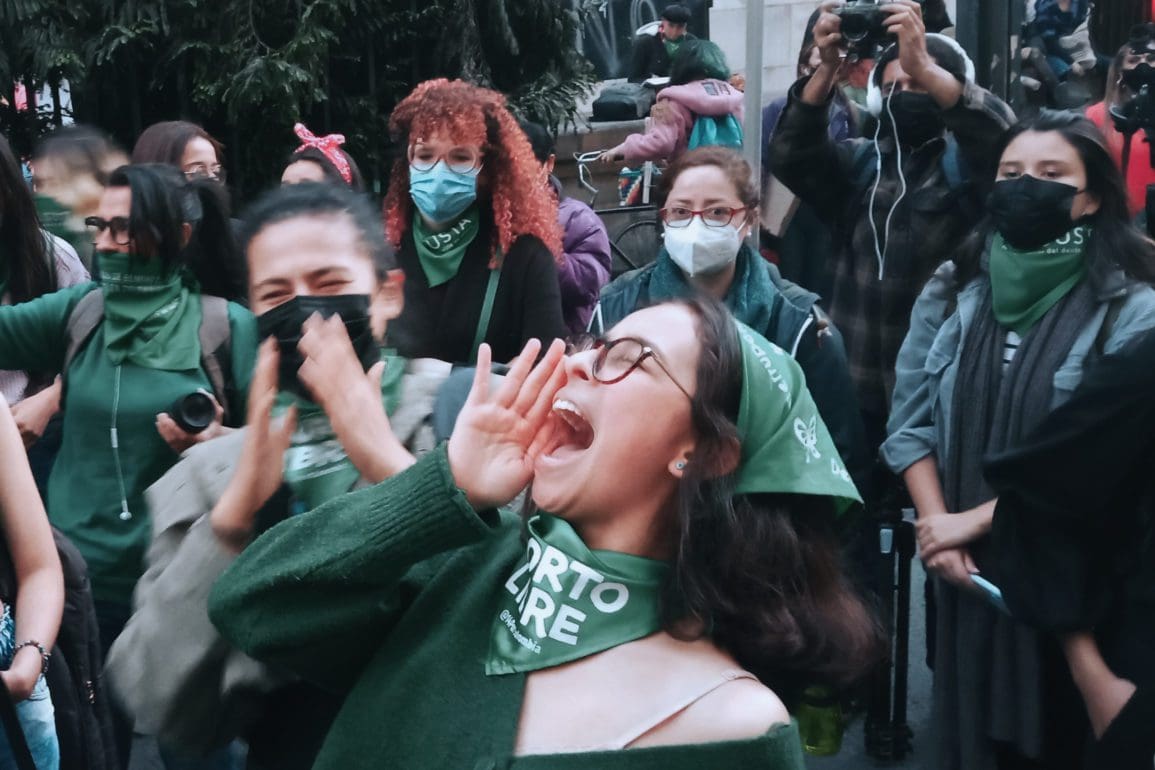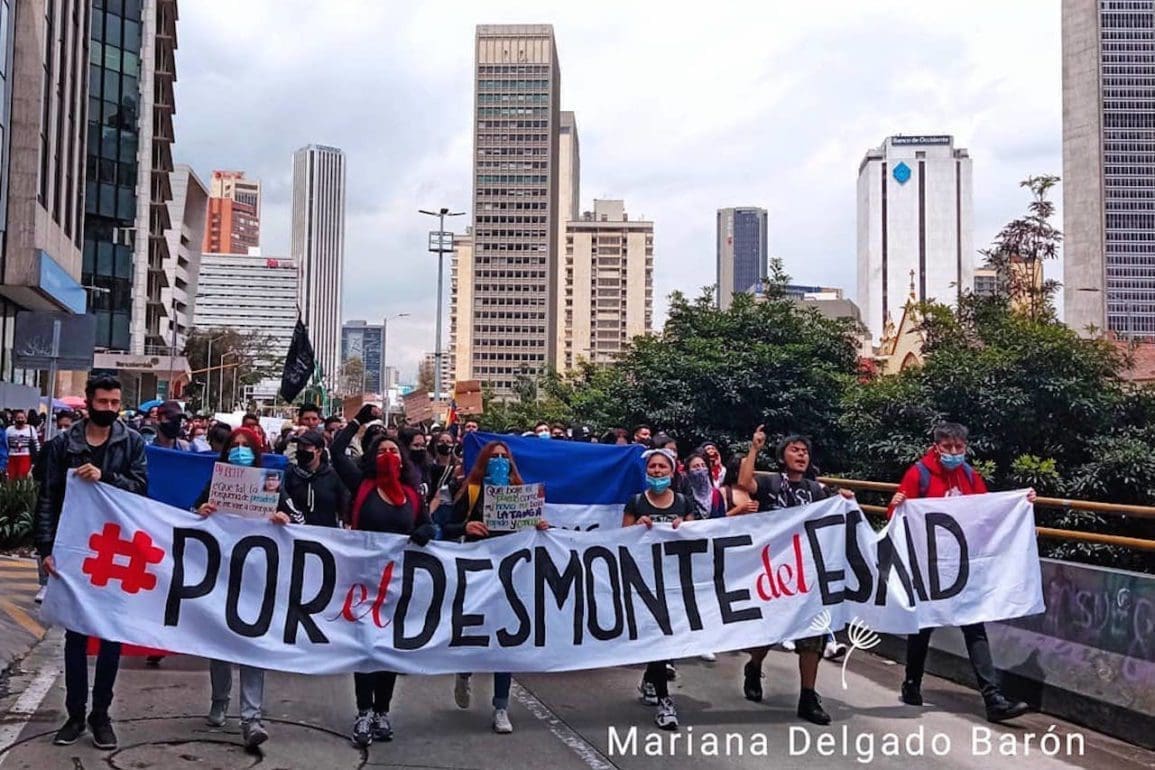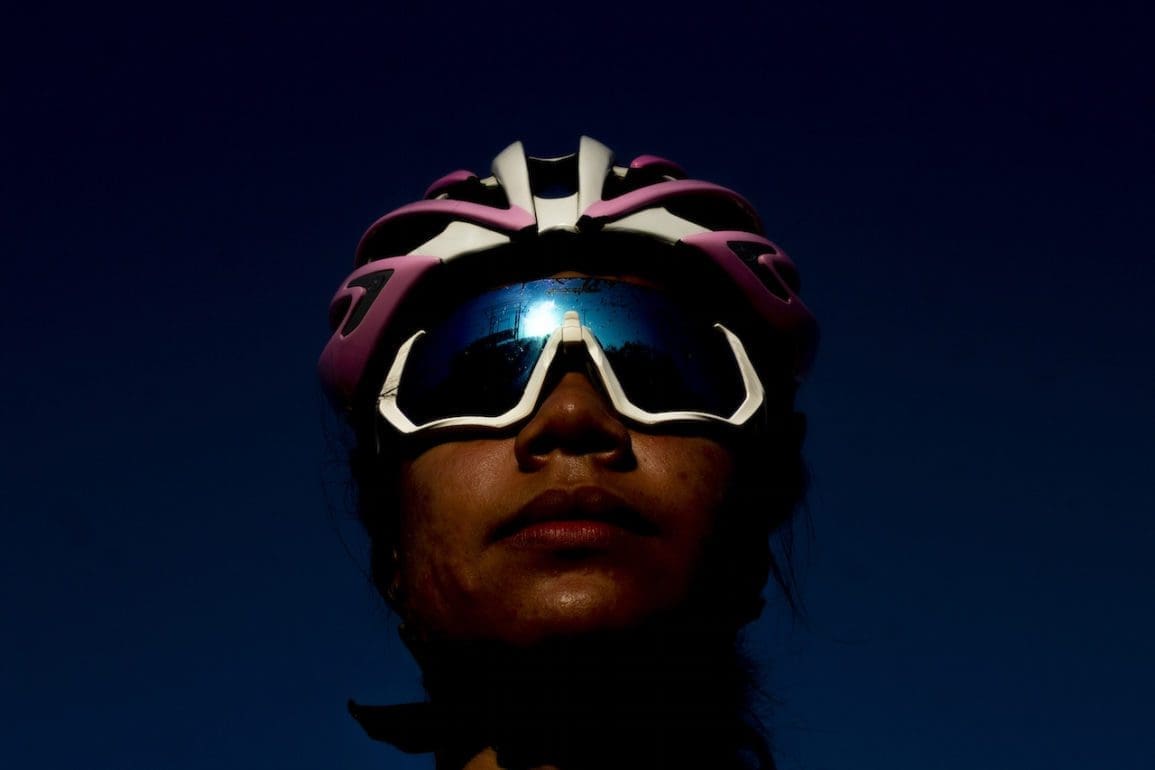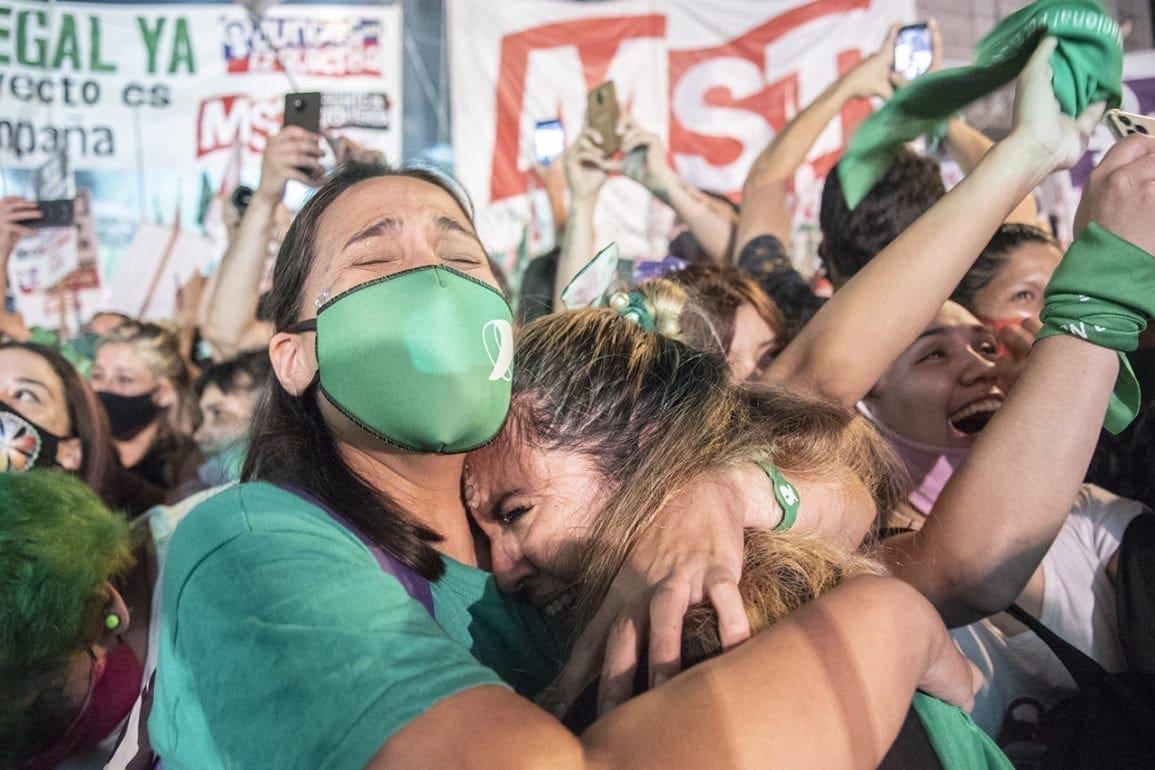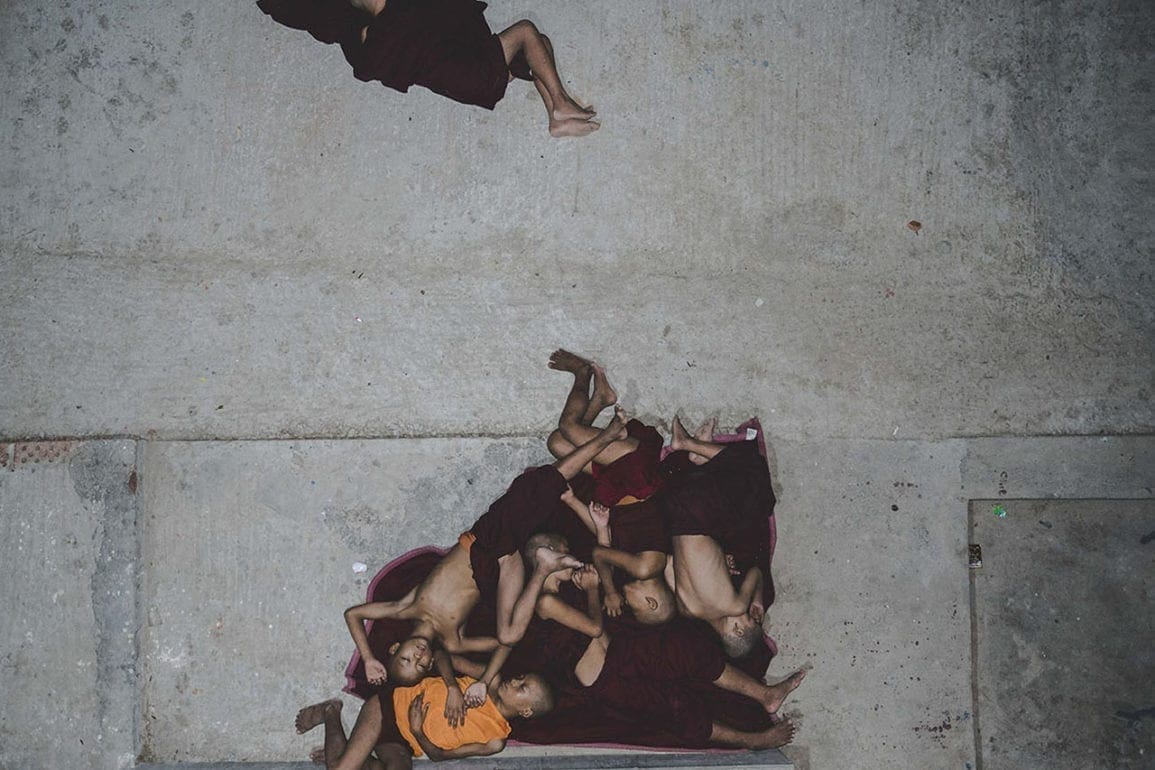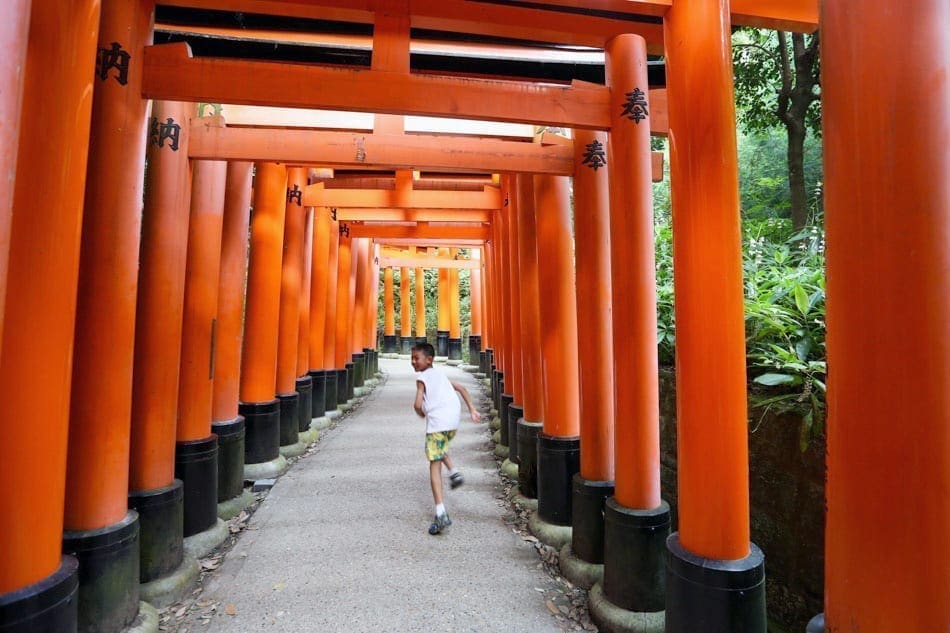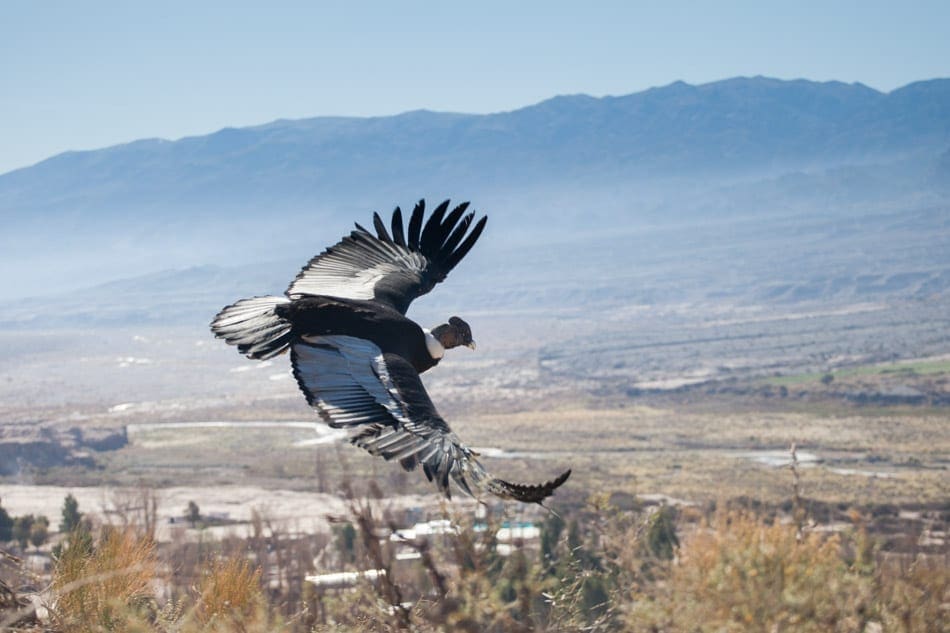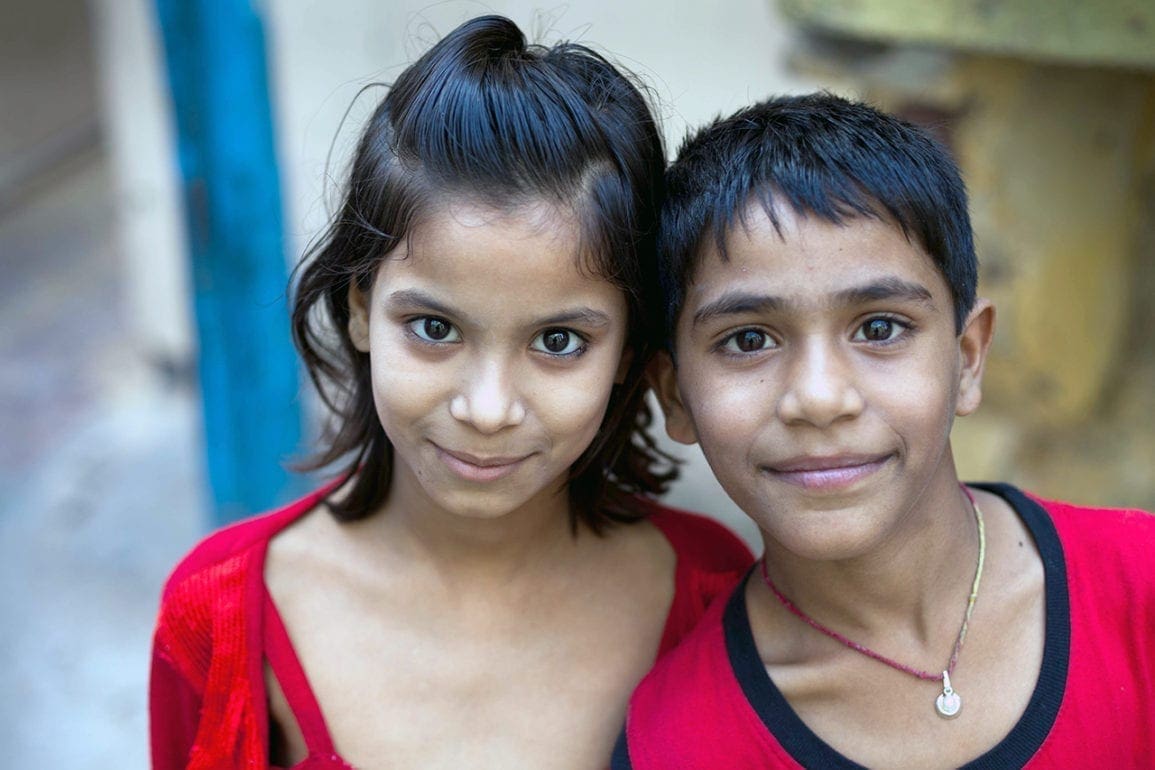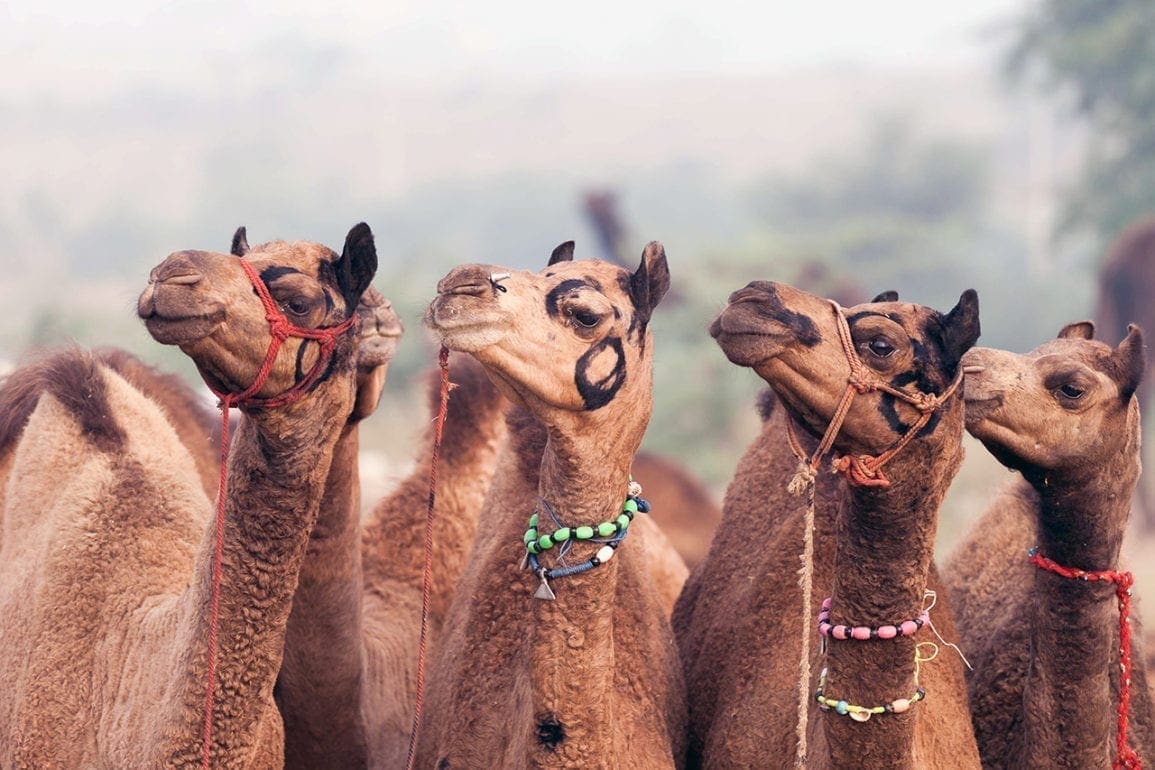The Indigenous Guard of Colombia takes a stand, occupies the historic Plaza de Bolívar
The group gathered in Bogotá in May to put pressure on the Colombian Congress. They sought the approval of President Petro’s National Development Plan and Health Reform. They arrived after the President warned that if lawmakers restricted the plan there “could be a revolution.”
- 1 year ago
June 4, 2023
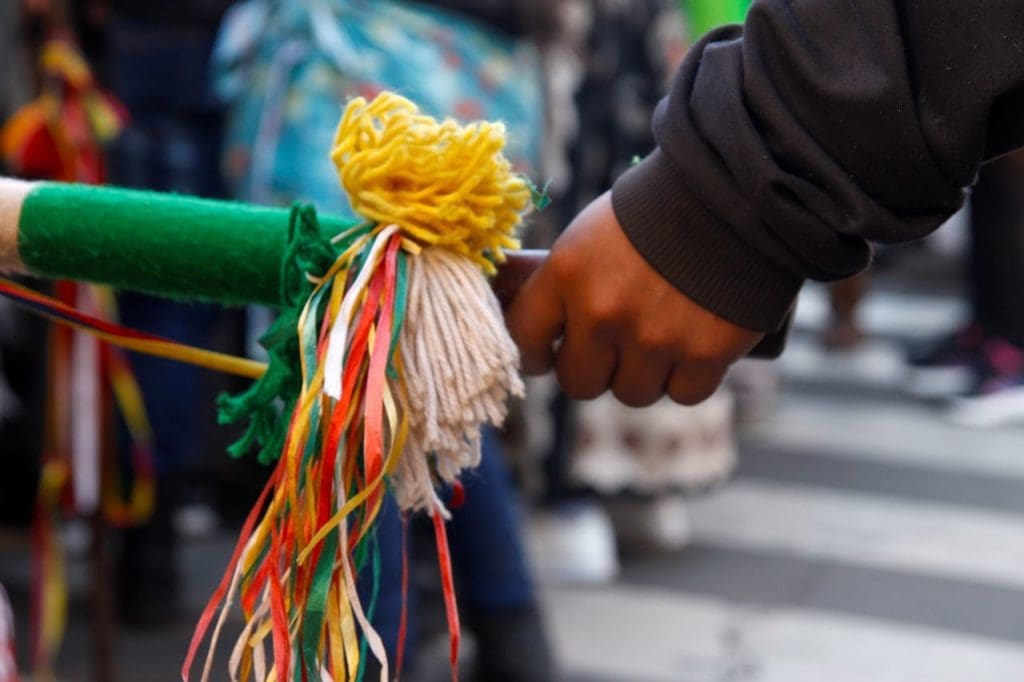
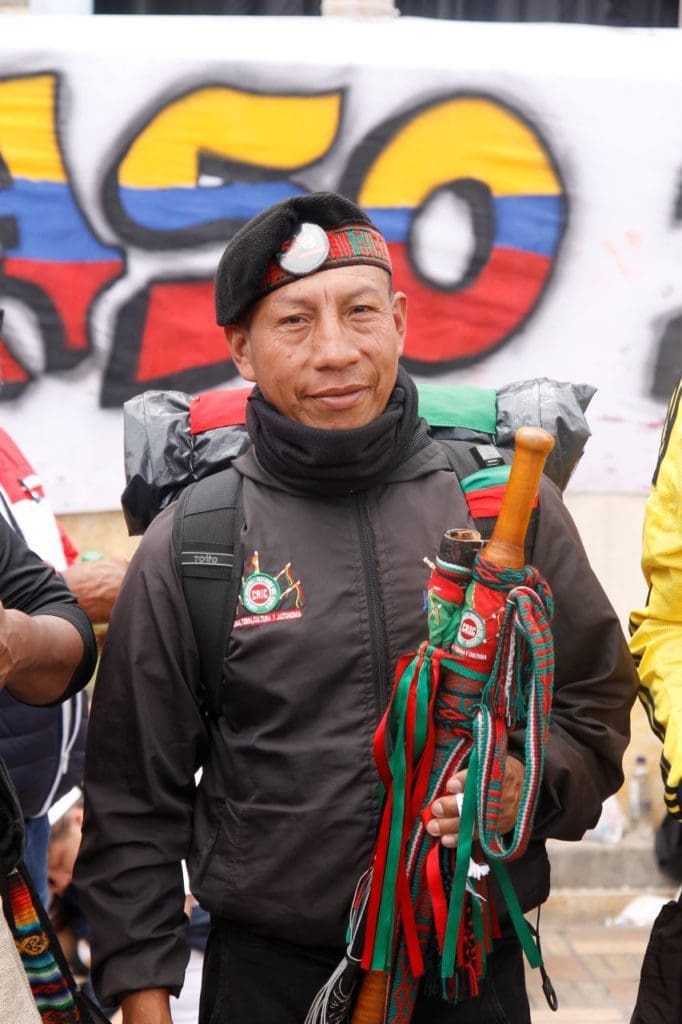
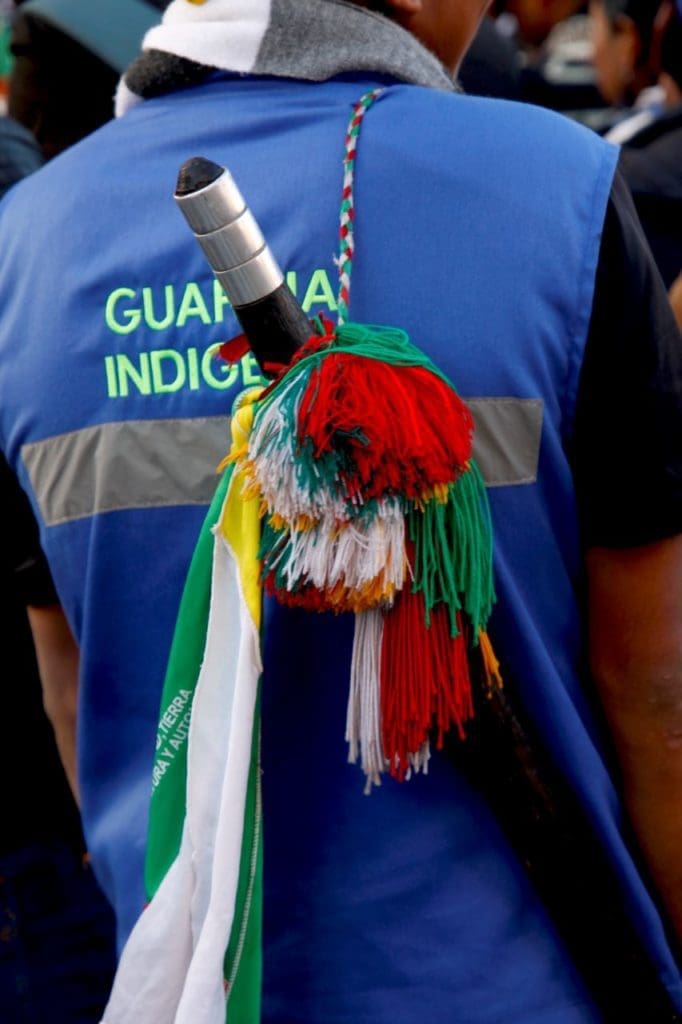
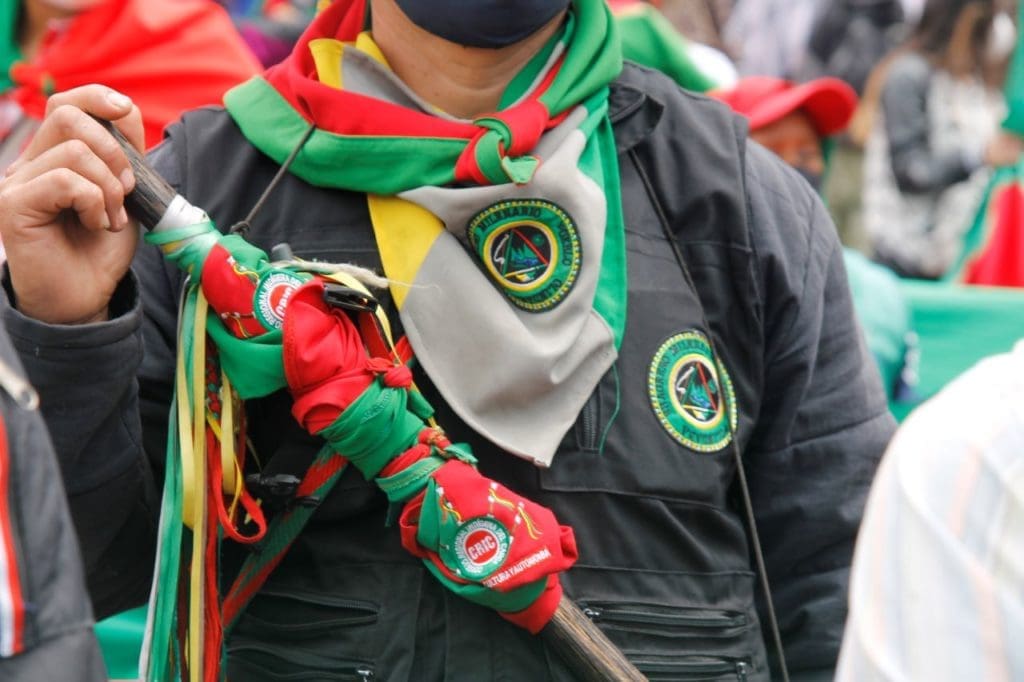
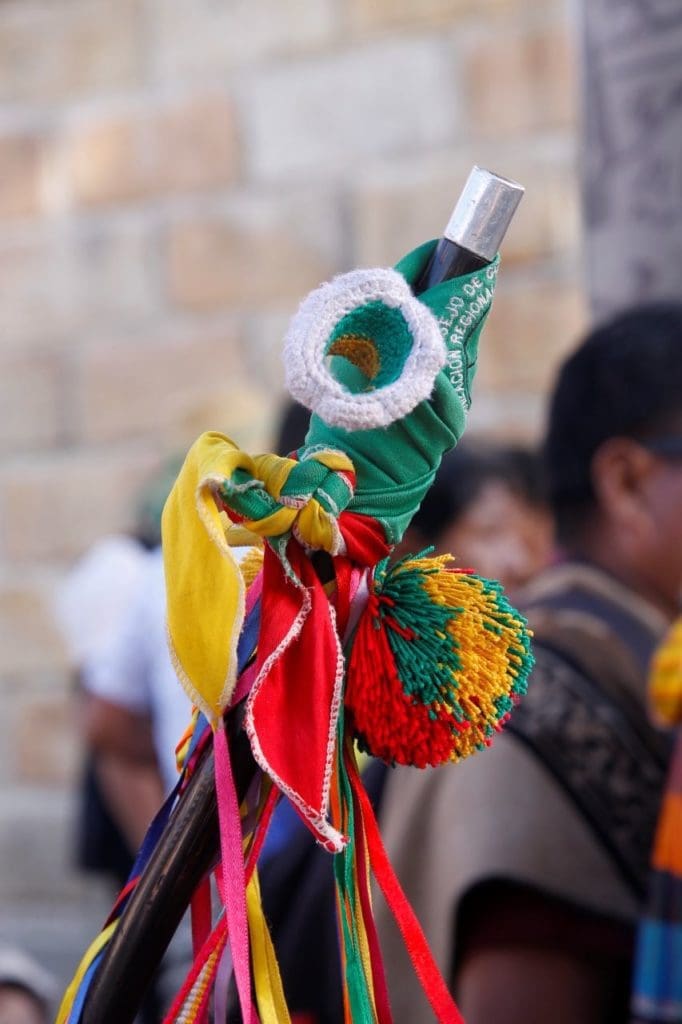
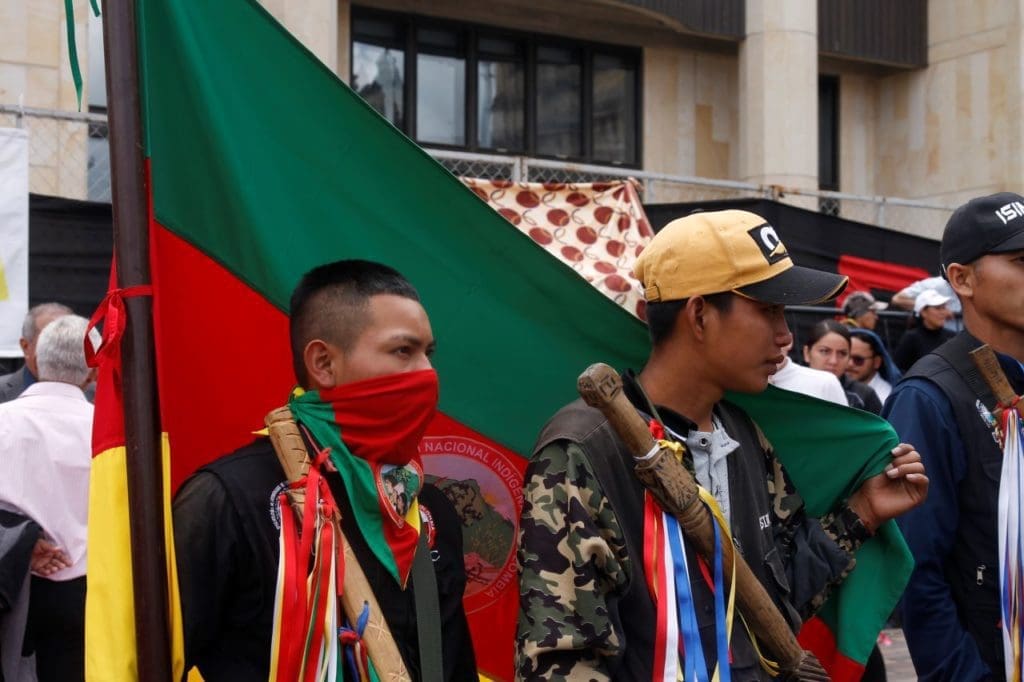
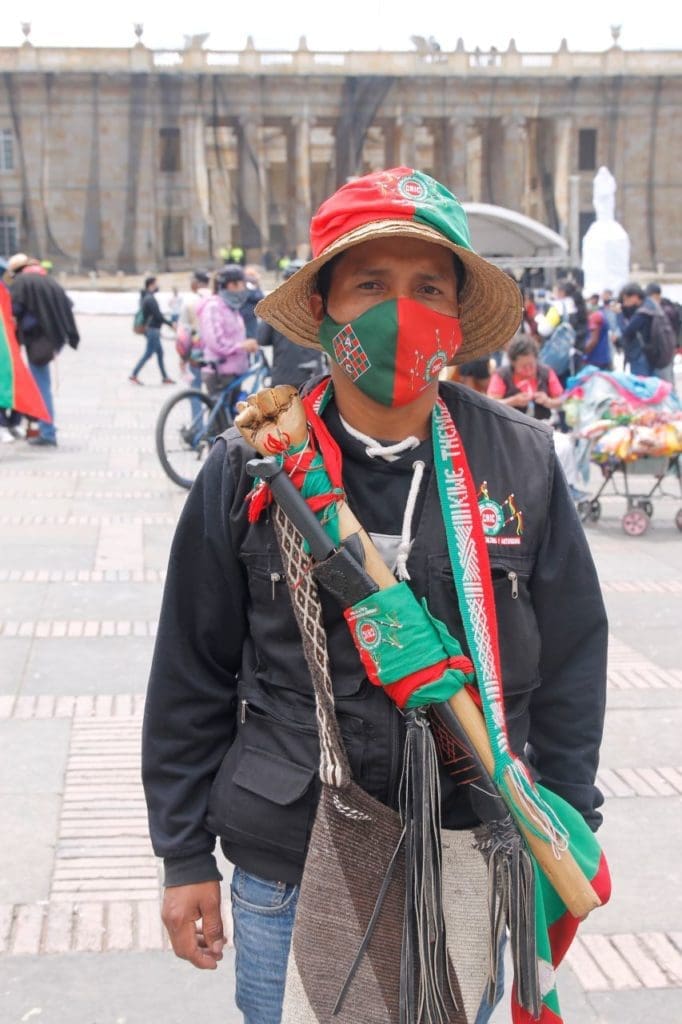
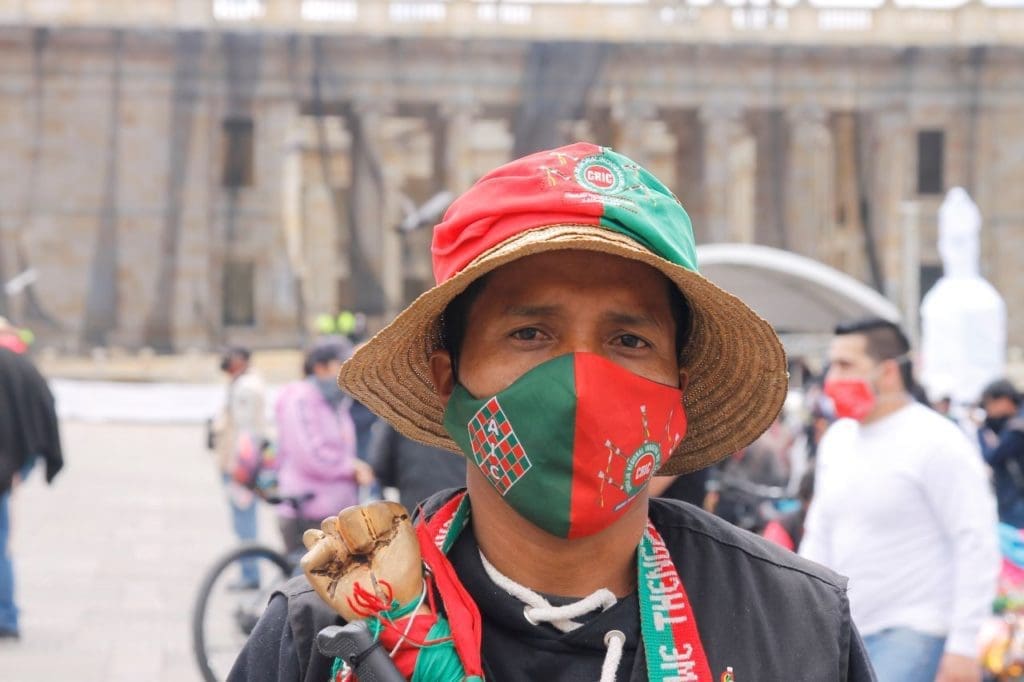
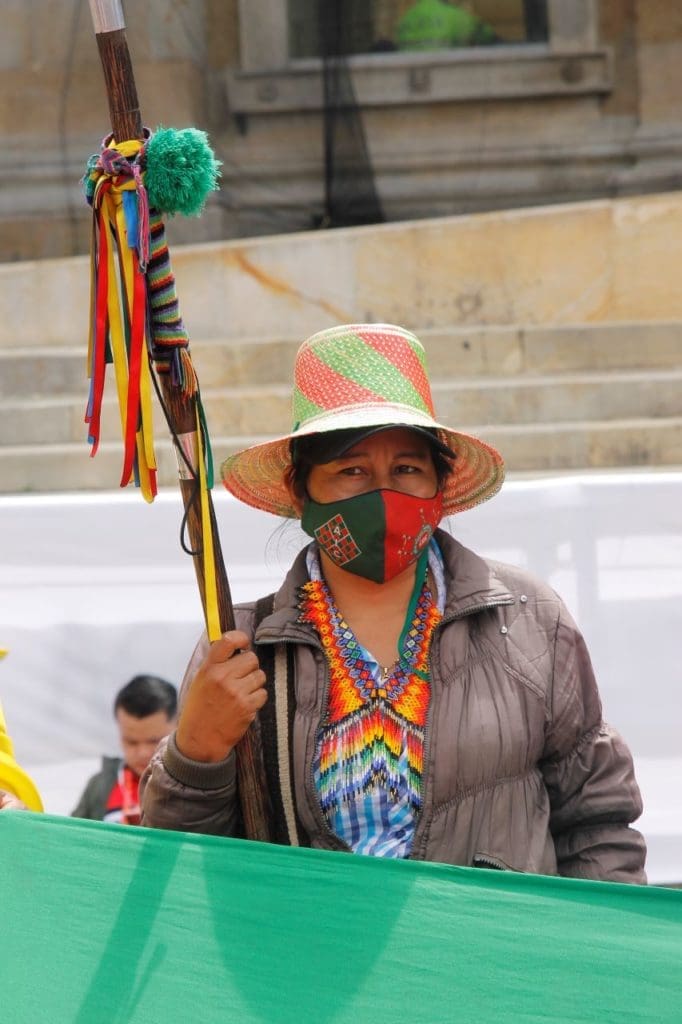
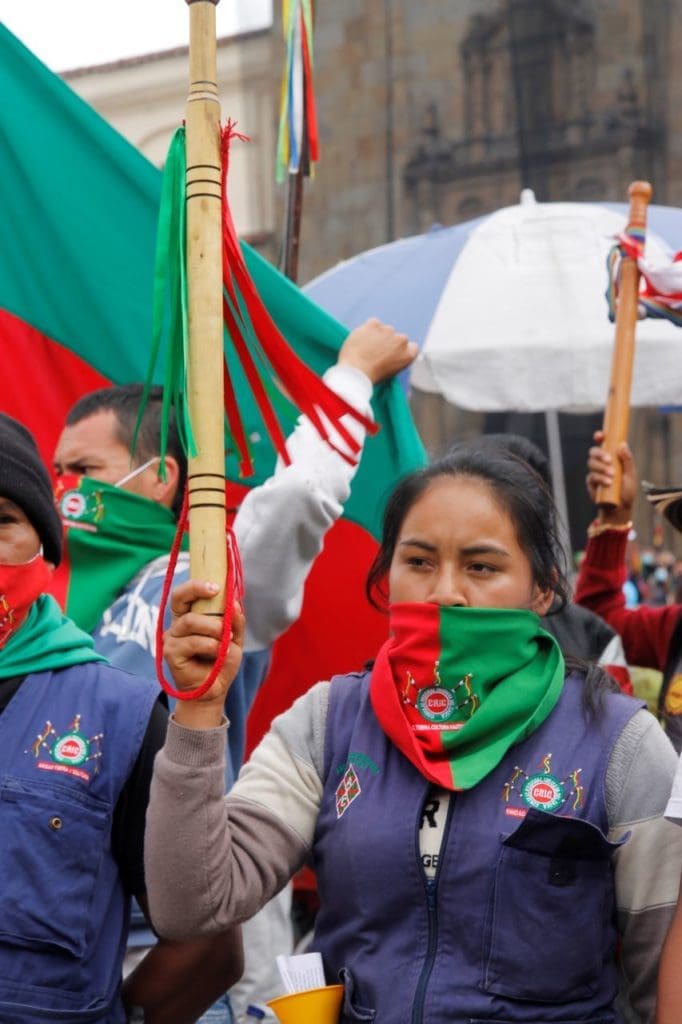
BOGOTÁ, Colombia ꟷ Since the election of Colombia’s new president Gustavo Petro on August 7, 2022, the Indigenous Guard of Colombia has been more visible in the capitol. Most recently, they gathered in Bogotá in May, carrying their command batons.
Read stories about indigenous people from around the globe at Orato World Media.
The guard serves as an organization of indigenous peoples committed to nonviolent, collective protection. They defend human rights, territory, and the autonomy of their people. The batons they carry represent the strength of the indigenous people and their connection to mother earth. The group consists of more than 20,000 members tasked with defending Colombia’s 115 indigenous communities.
The group gathered in Bogotá in May to put pressure on the Colombian Congress. They sought the approval of President Petro’s National Development Plan and Health Reform. They arrived after the President warned that if lawmakers restricted the plan there “could be a revolution.” The group occupied the historic Plaza de Bolívar. Some media called the well-organized gathering ominous. They cited an incident two months prior when a related group “attacked the facilities of the Emerald Energy oil company. That attack resulted in kidnapping of police and the murder of an anti-riot squad member with a machete.
Historical and social issues, and a plan for change
The Indigenous Guard maintains authority in their own jurisdictions. While some feared their presence in the capitol, Colombia’s President assured the public their batons were symbols of peace. According to an article by Al Jazeera, indigenous people in Colombia face disproportionate violence. It stated an indigenous person was killed in Colombia every four days in 2021. One third of those cases involved community leaders. The problem has garnered extensive attention from the United Nations.
Read more stories out of Colombia.
The President’s plan, which the Indigenous Guard rallied to support, is considered a social contract. It “aims to revert injustice, historical exclusion and reduce socio-economic gaps.” The plan addresses five key areas. Those include land use planning around water; human security and social justice; human right to food; productive transformation, internationalization and climate action; and regional convergence.
All photos courtesy of Mariana Delgado Barón.
